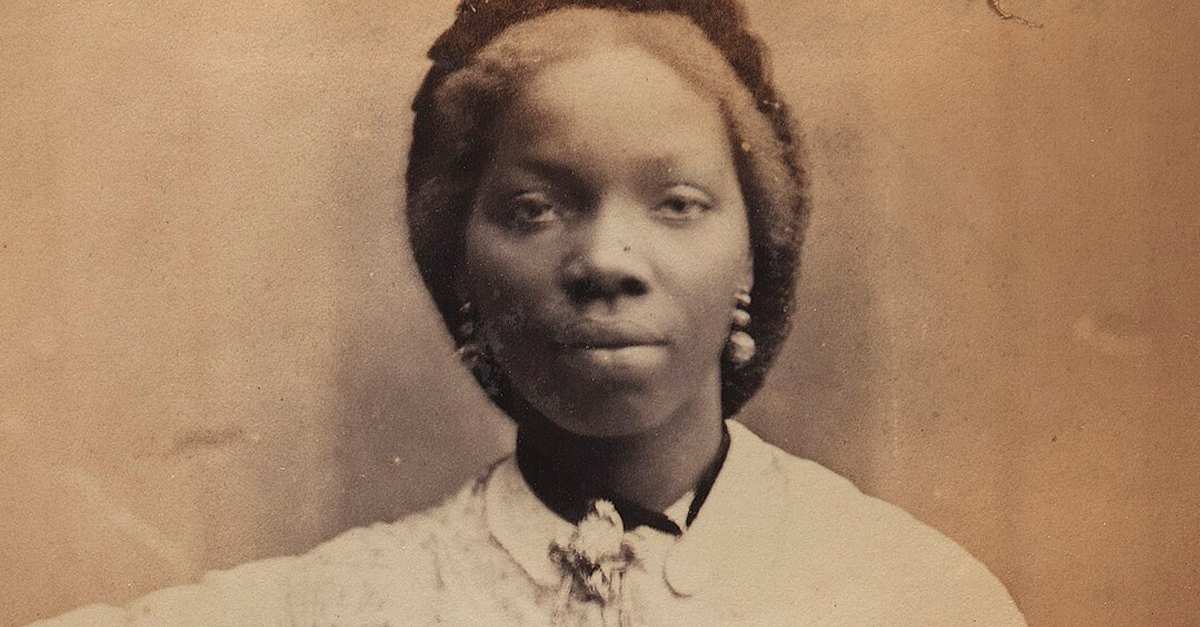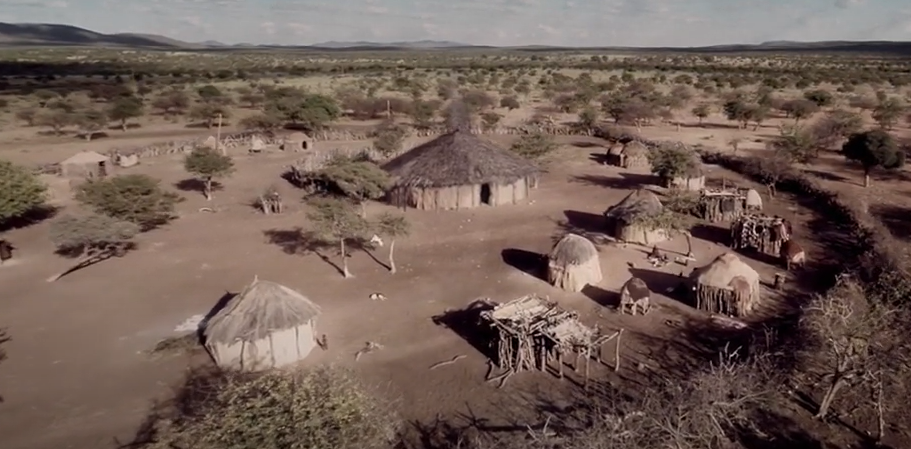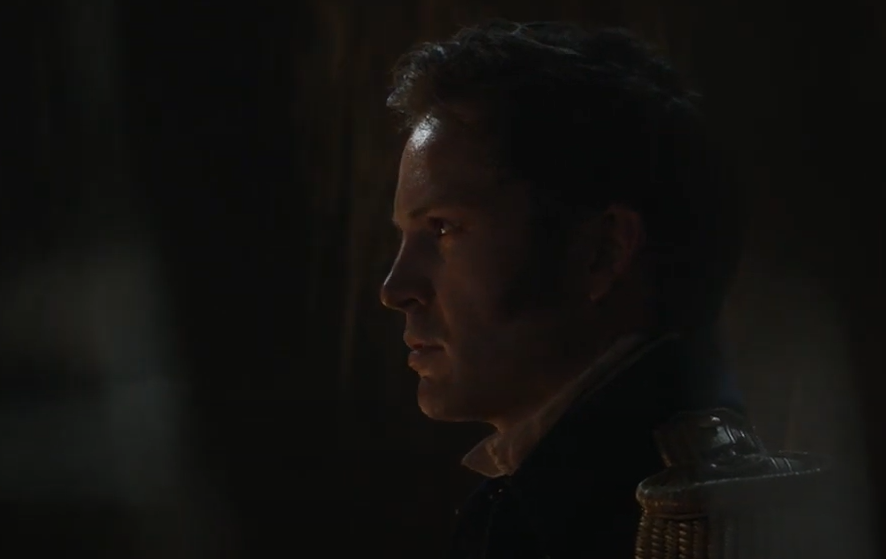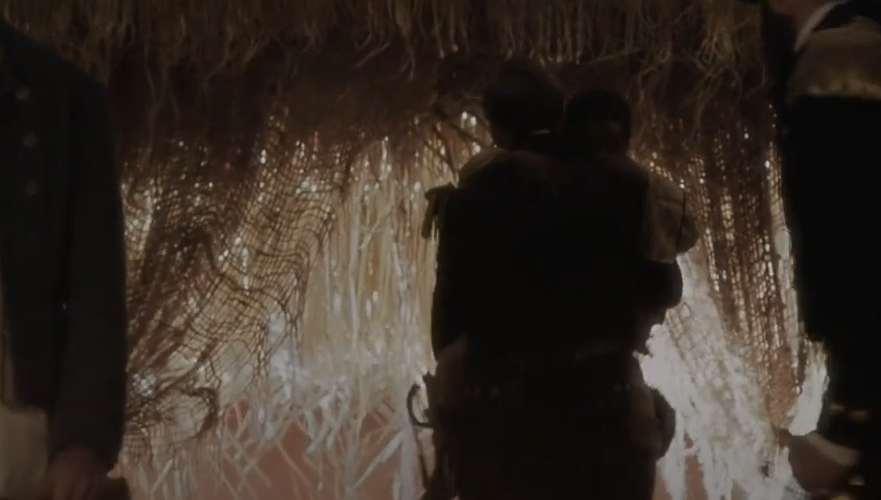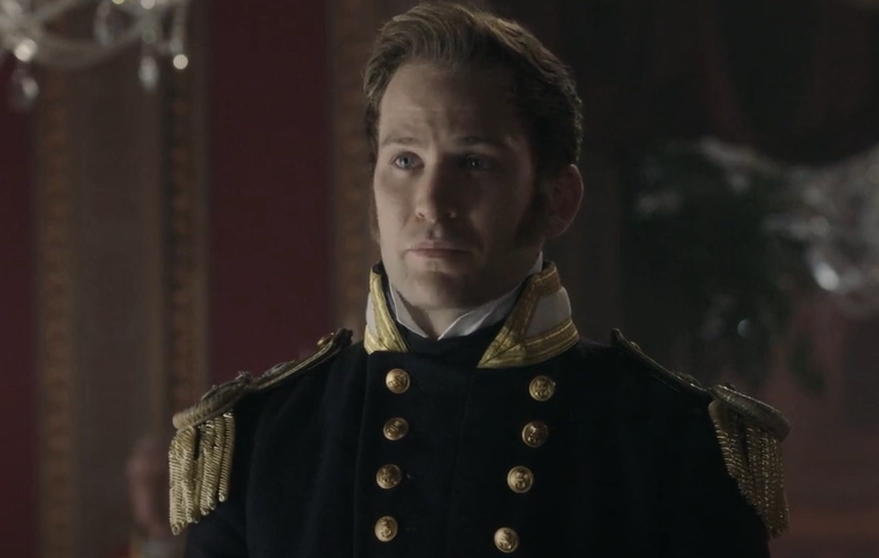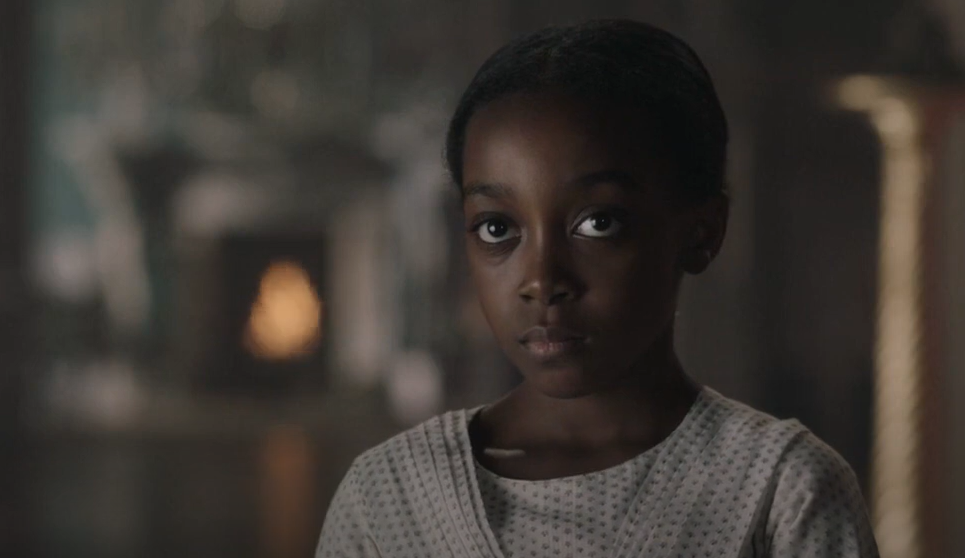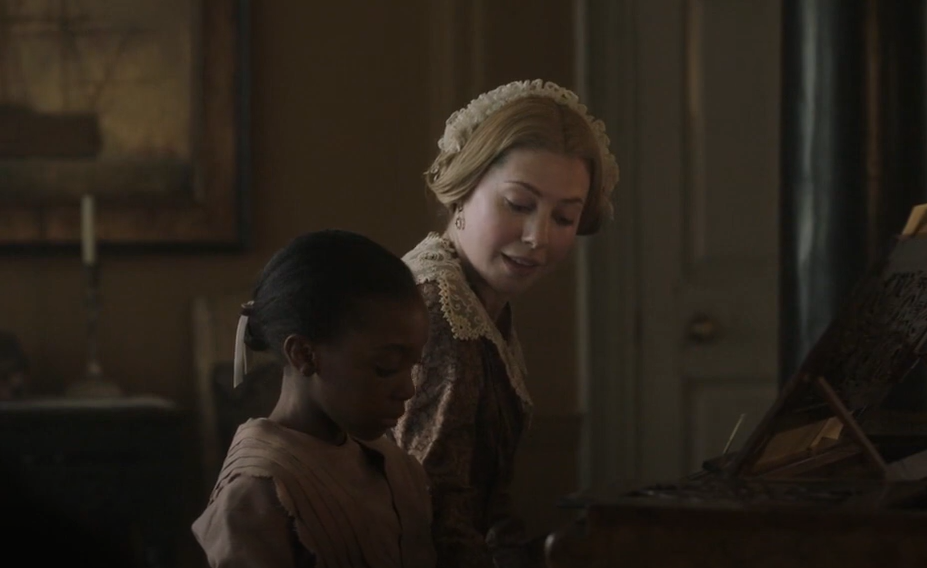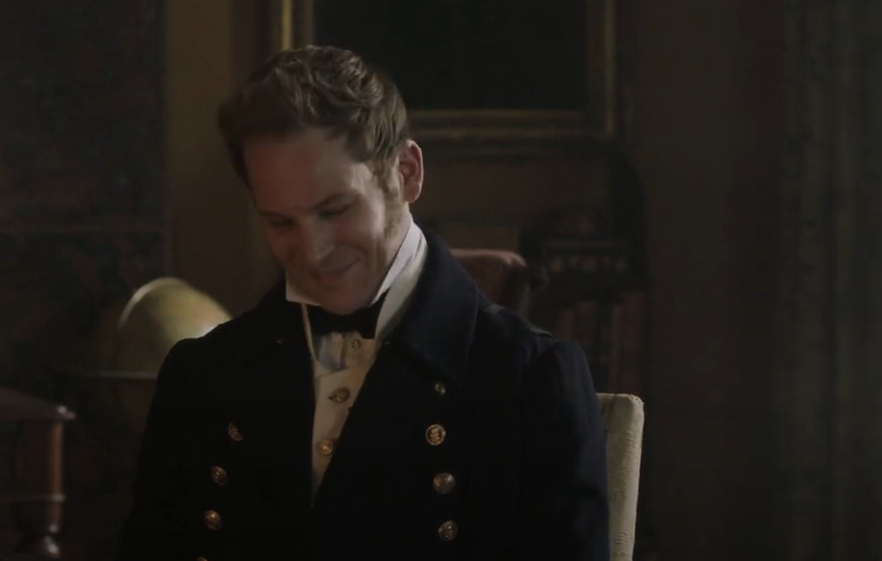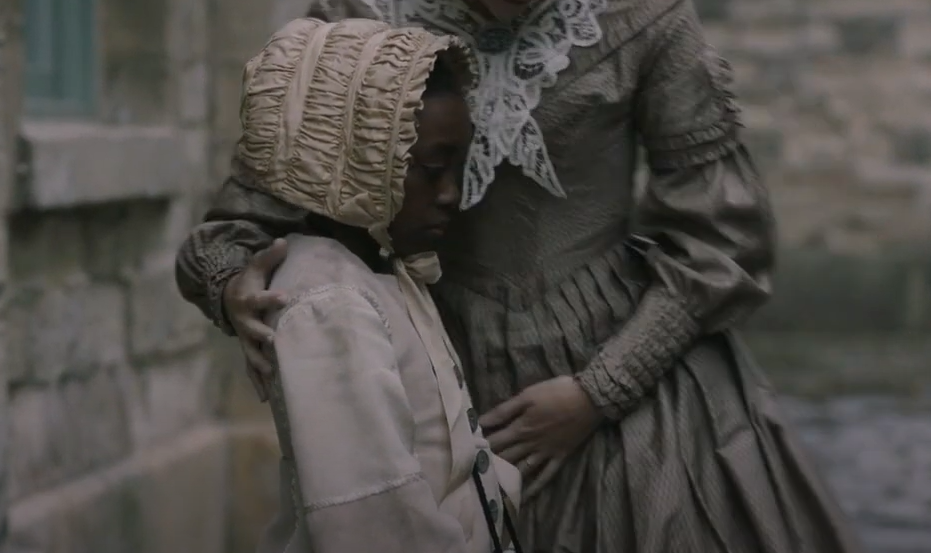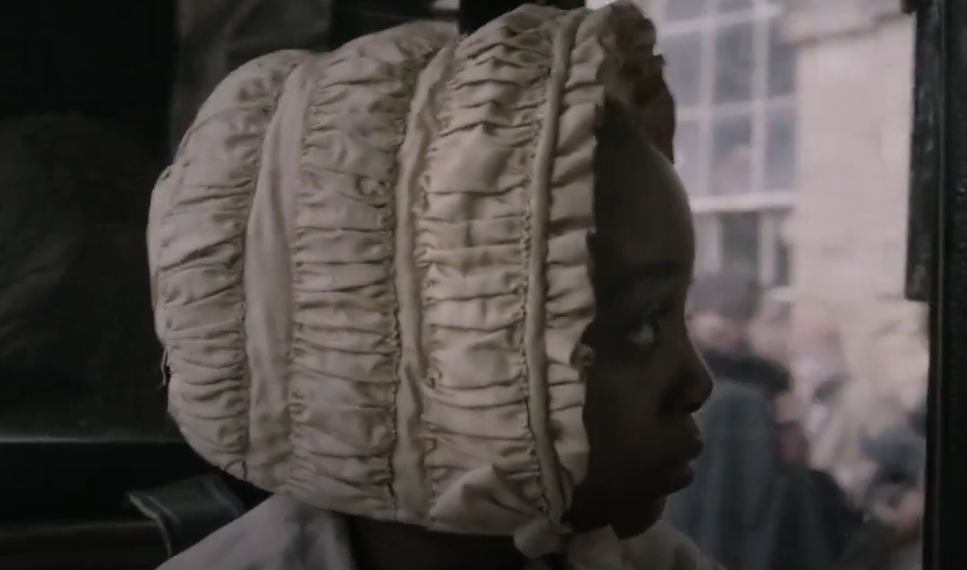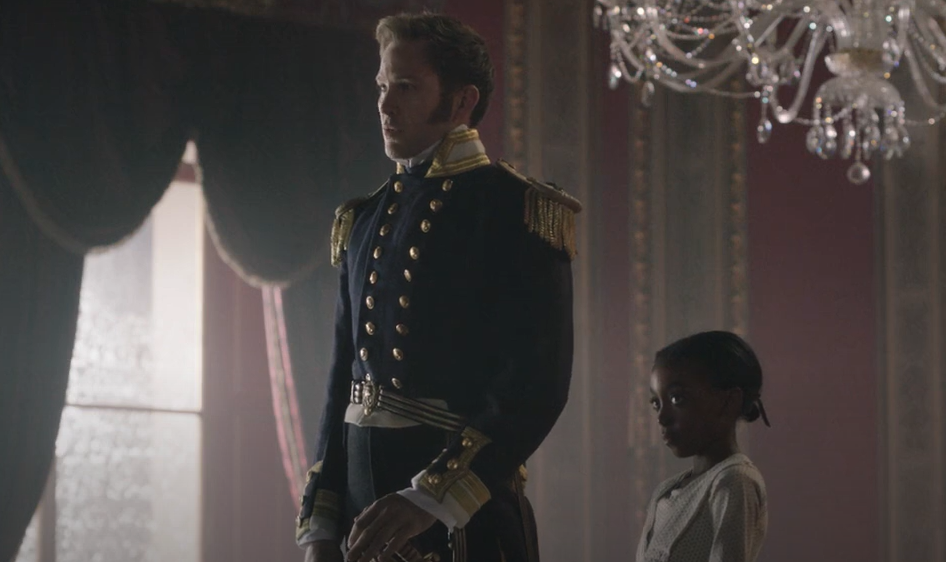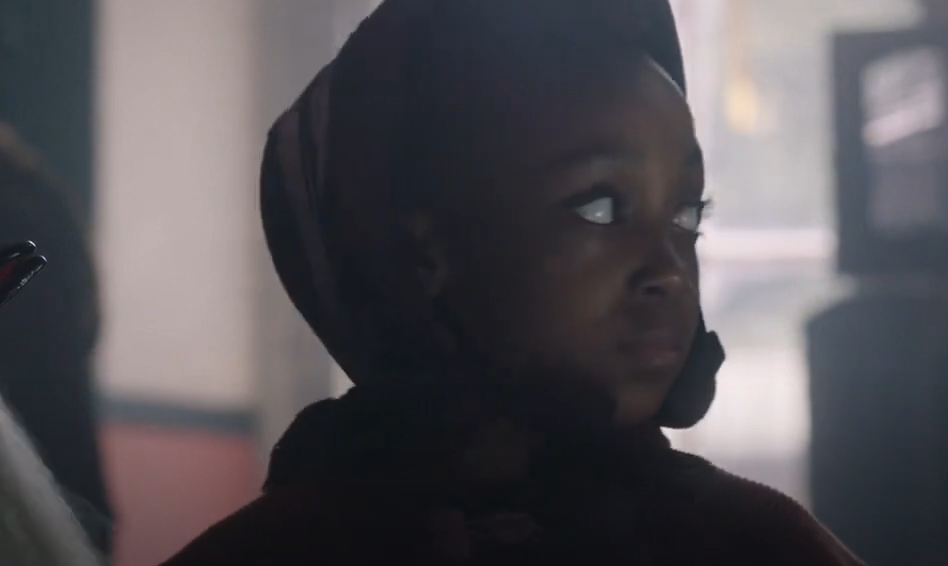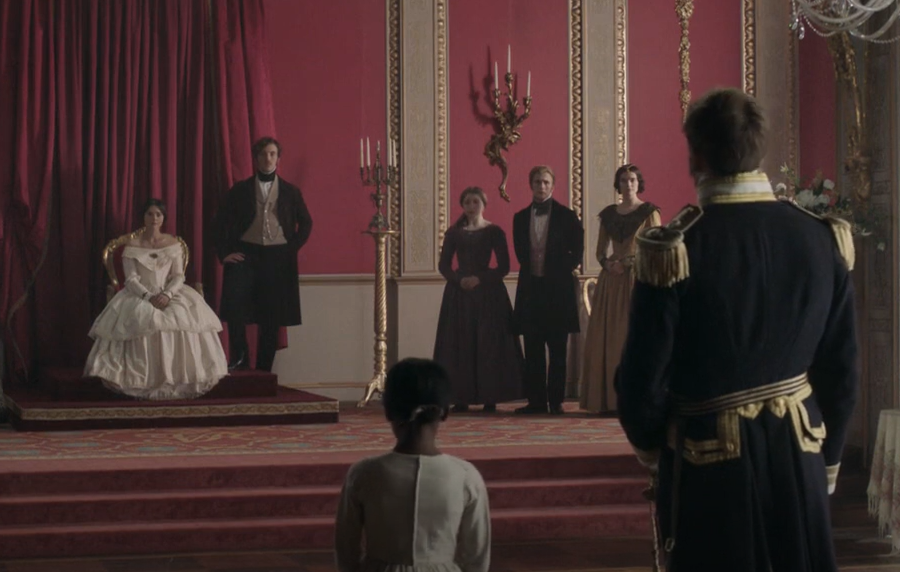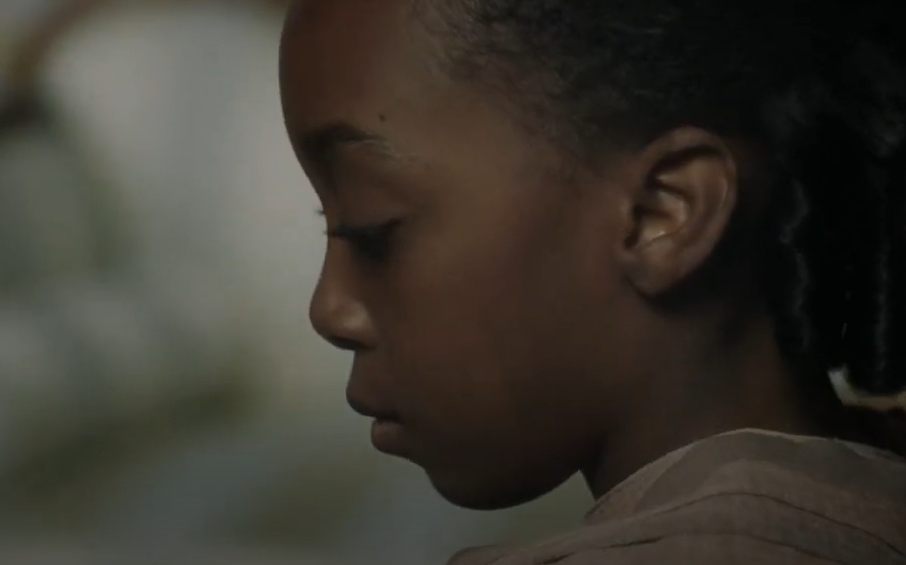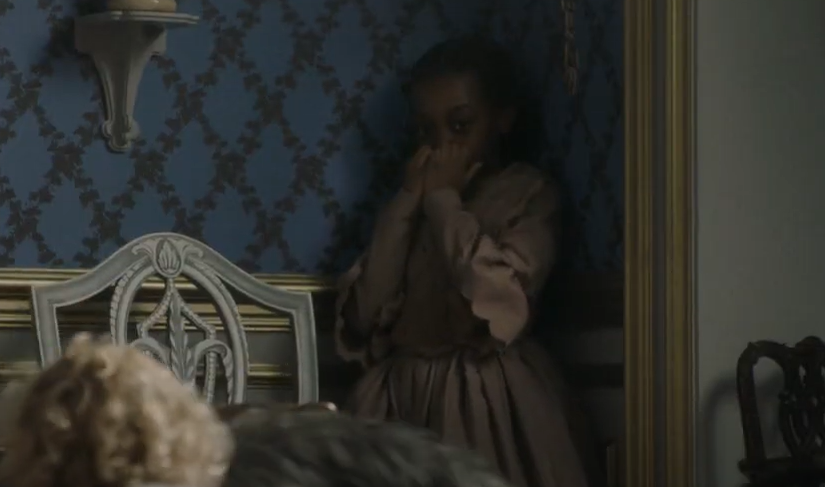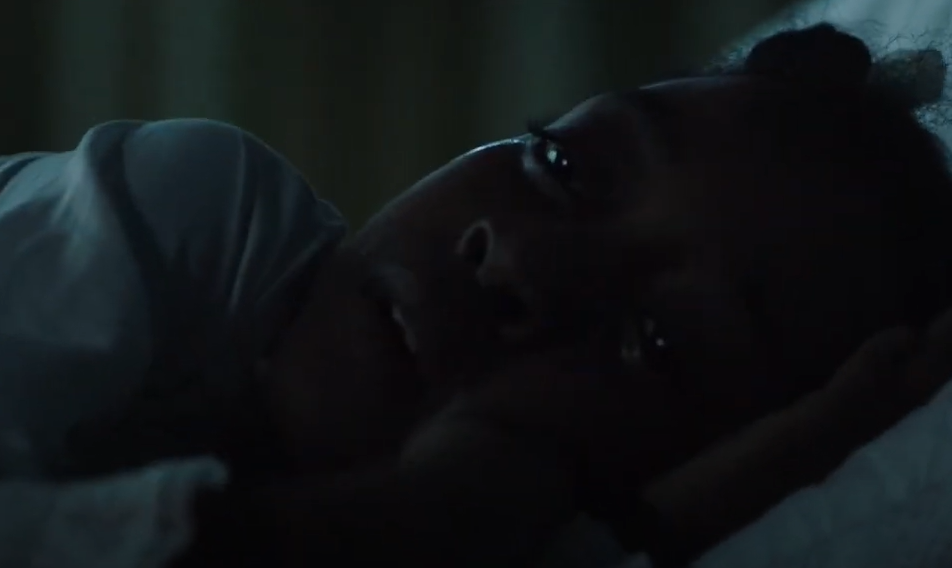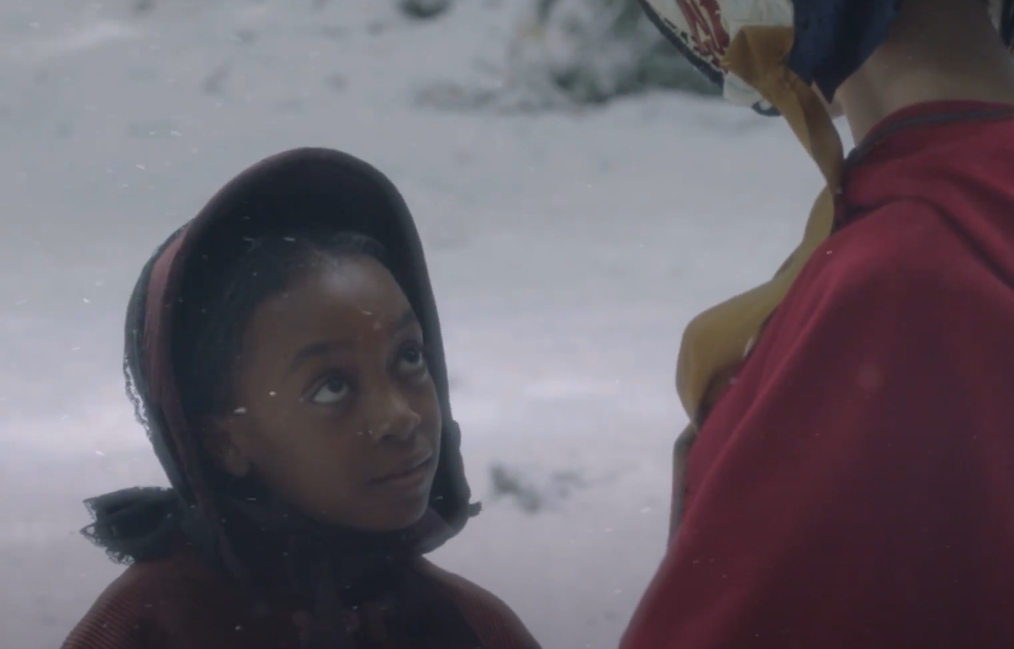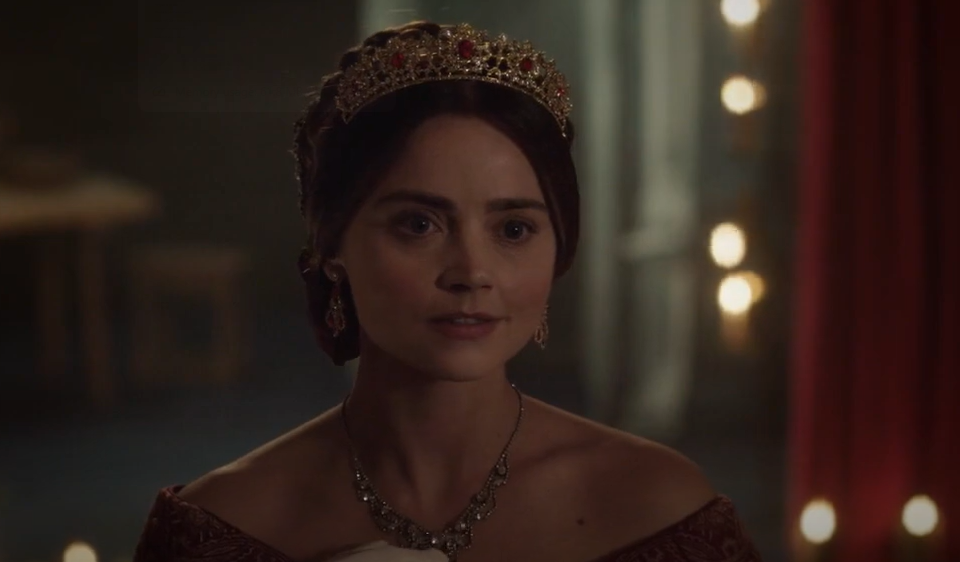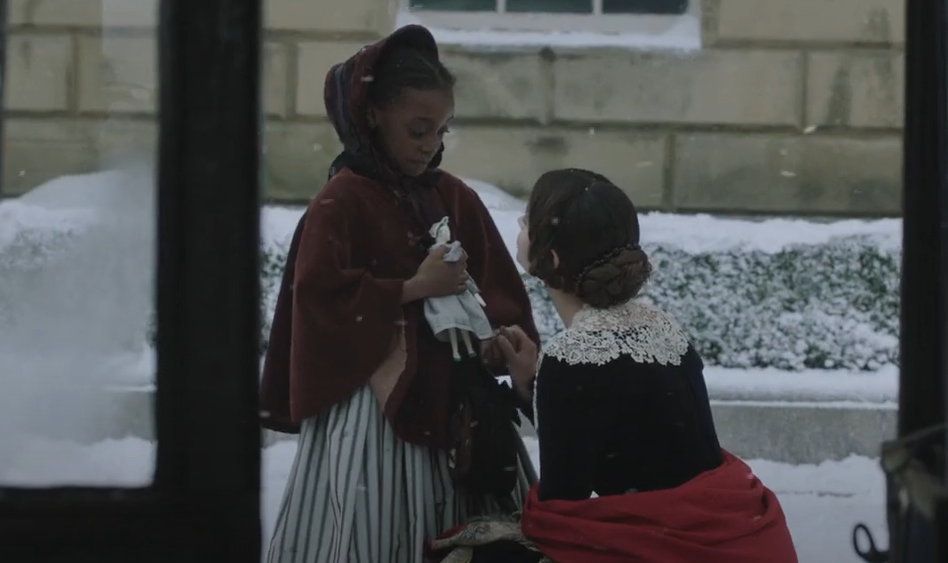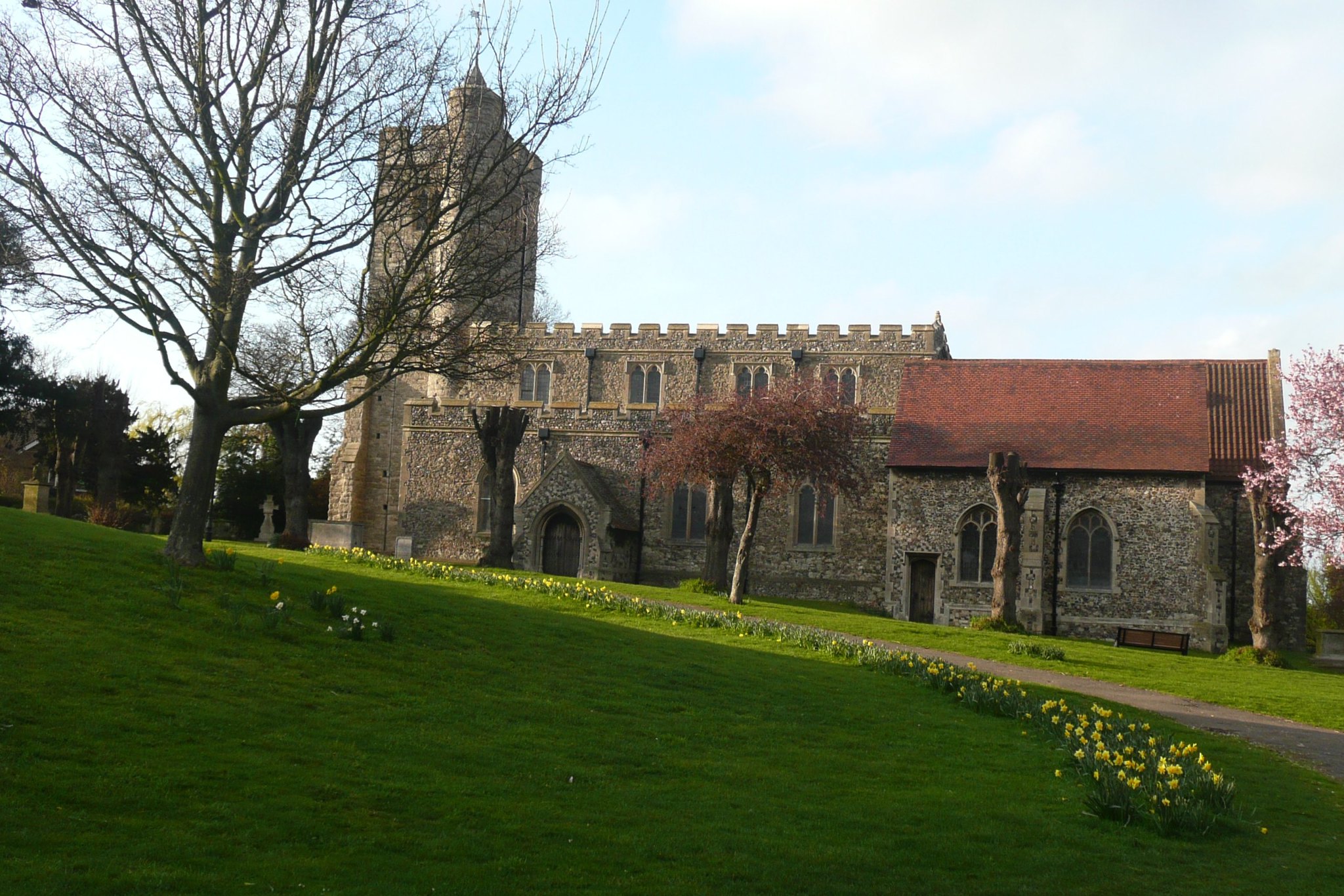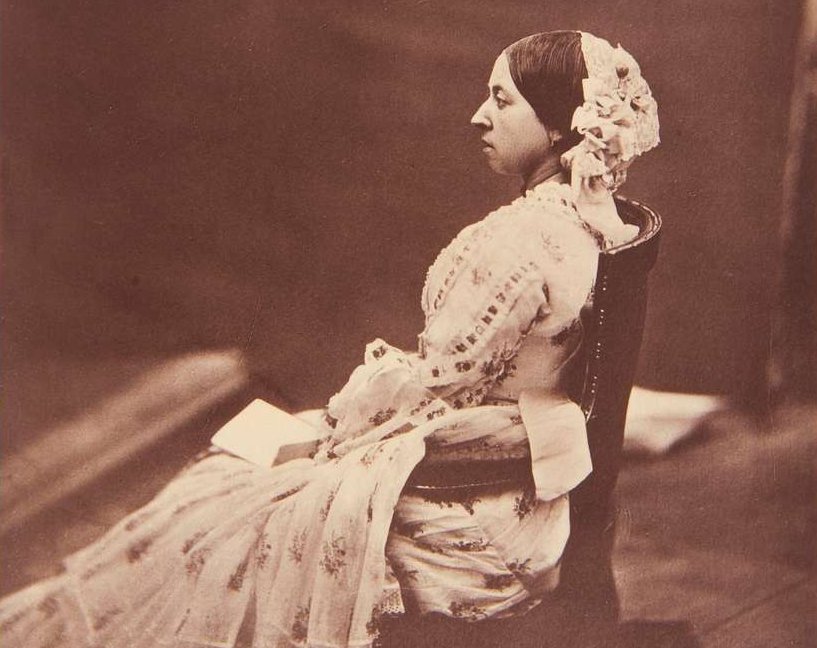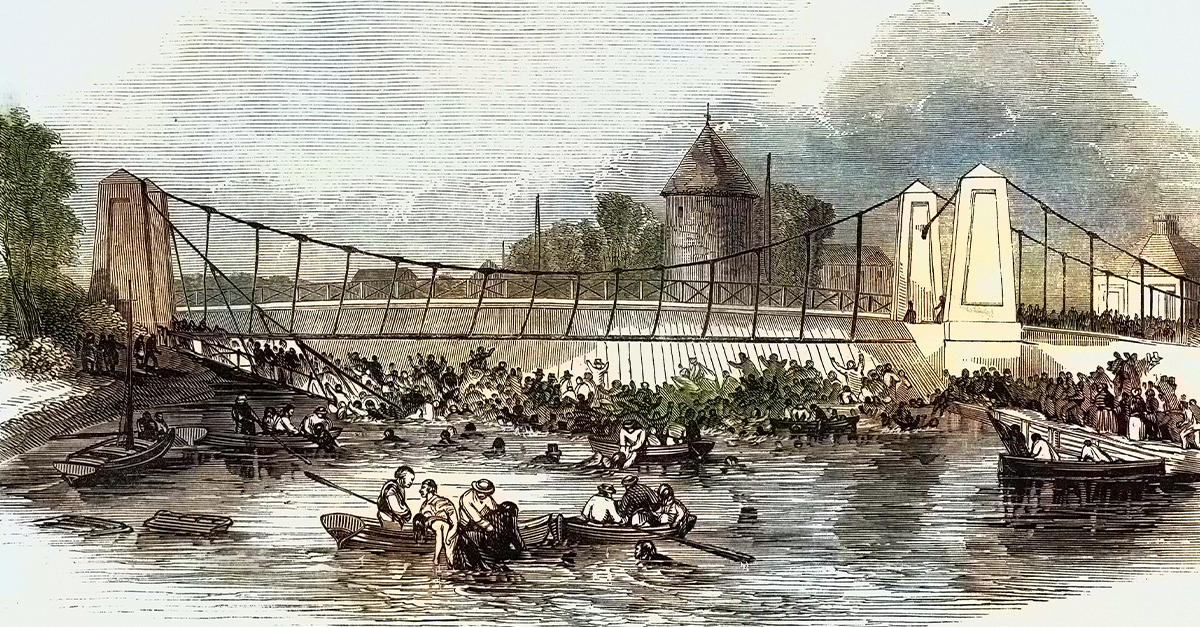She Has One Of The Wildest Stories In History
Given to Queen Victoria as a “gift,” Sarah Forbes Bonetta met a fate that nobody saw coming. This is the incredible story of how an African princess ended up in Queen Victoria's court.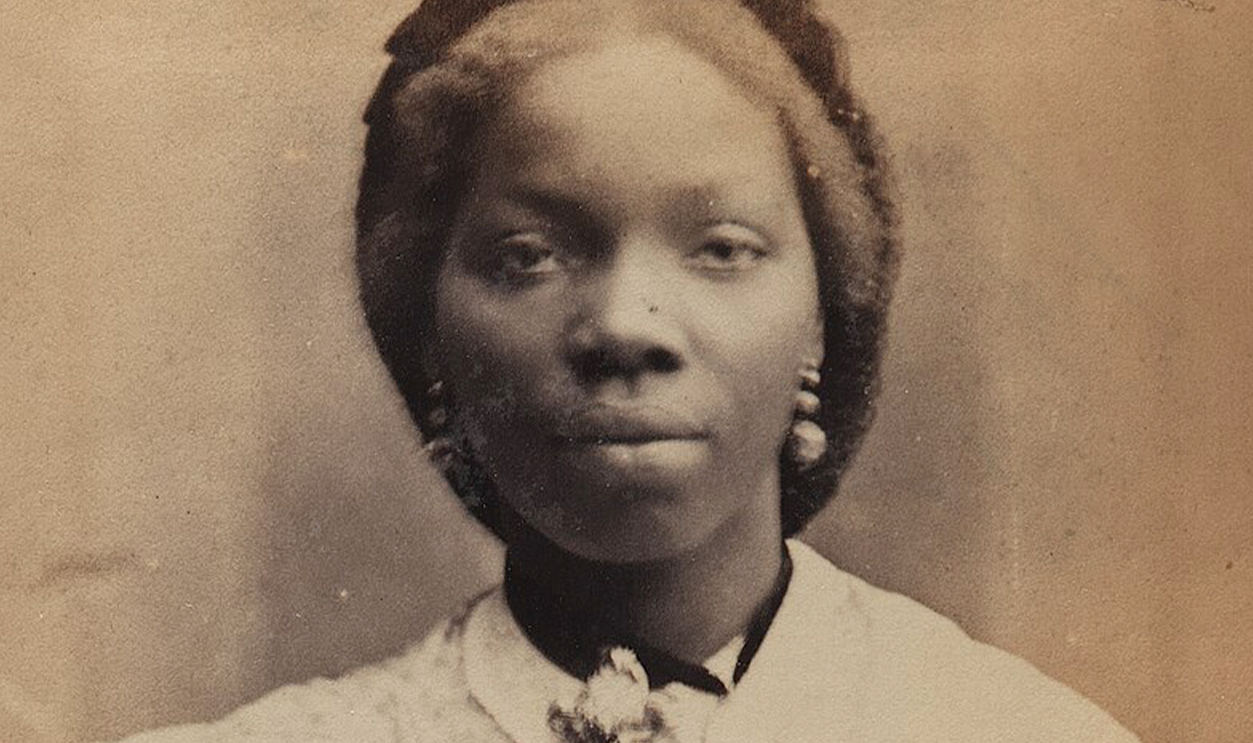
She Had A Terrifying Start In Life
Before she became famously known as Queen Victoria's goddaughter, Sarah Forbes Bonetta had a very different name and life. Born as Aina in 1843, her unbelievable true story is rooted in the West African village Oke-Odan—an area that we know today as southwest Nigeria. However, her childhood was filled with danger and terror.
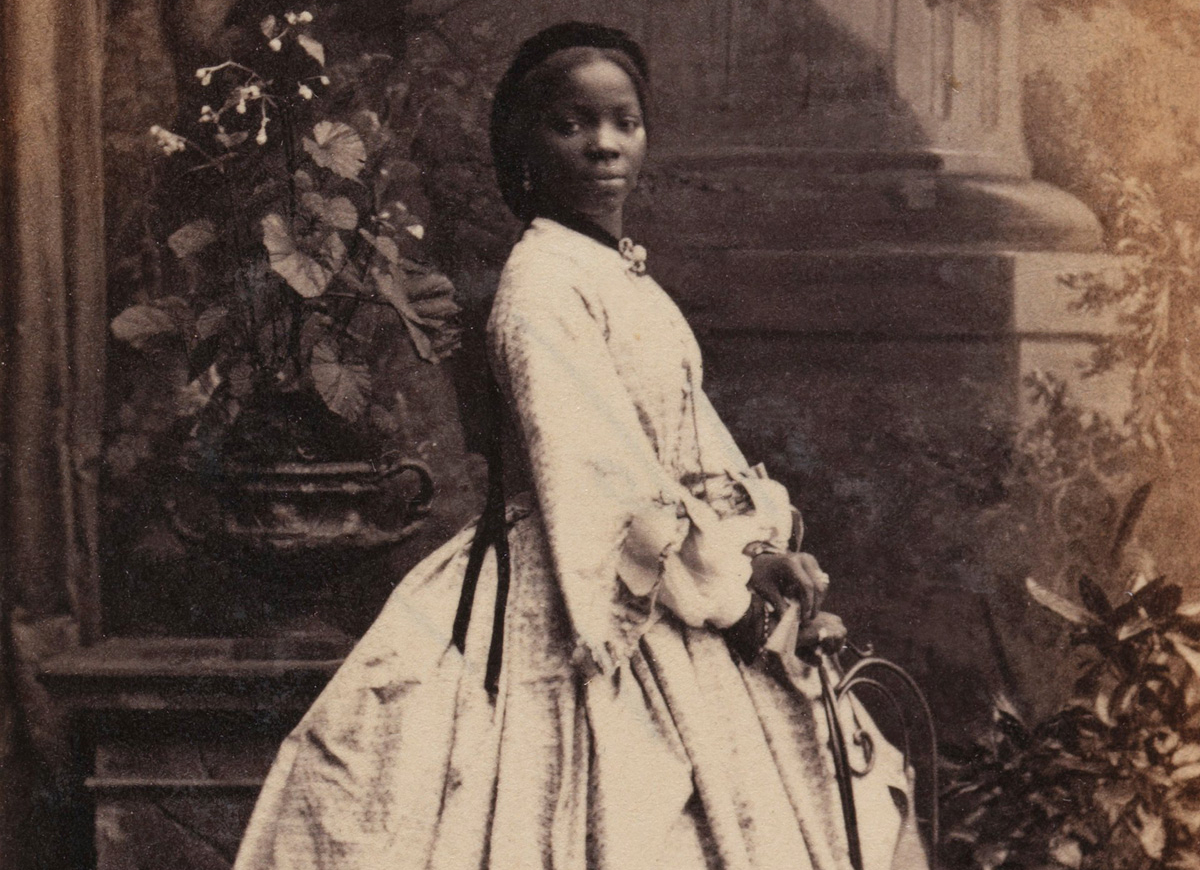 Camille Silvy, Wikimedia Commons
Camille Silvy, Wikimedia Commons
She Had Enemies
At the tender age of five, Aina learned about the horrors of life in the most distressing ways. The Kingdom of Dahomey was one of her people's longtime enemies—and when its armies began encroaching on their territory, a real tragedy came to pass.
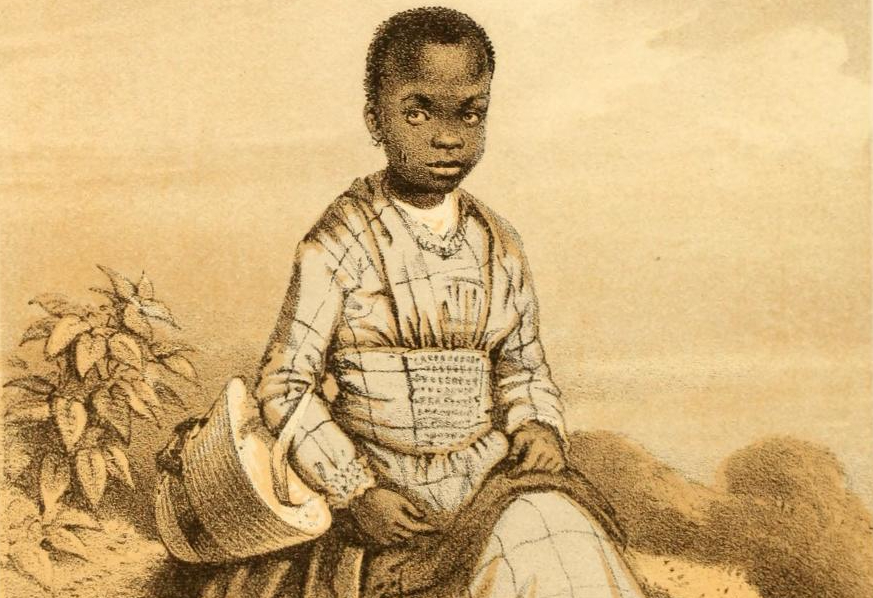 Frederick E. Forbes, Wikimedia Commons
Frederick E. Forbes, Wikimedia Commons
She Became An Orphan
The Kingdom of Dahomey's armies targeted Aina's village—and the ensuing massacre changed the little girl's life forever. Sadly, in the wake of the invasions, Aina made a harrowing realization: She had lost both of her parents. But this was only the beginning.
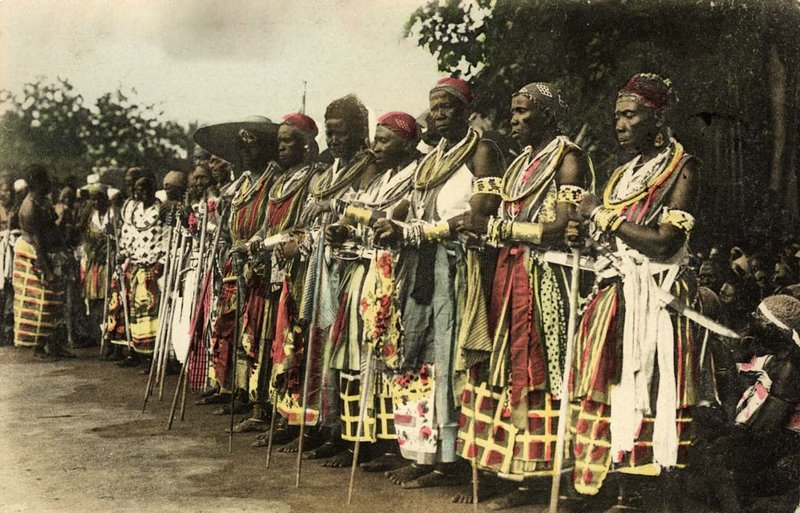 Unknown Author, Wikimedia Commons
Unknown Author, Wikimedia Commons
She Lost Her Community
Not only did Aina lose her parents, but she also lost her entire community. Most of the other villagers also perished at the hands of Dahomey—and those who managed to survive faced a brutal fate.
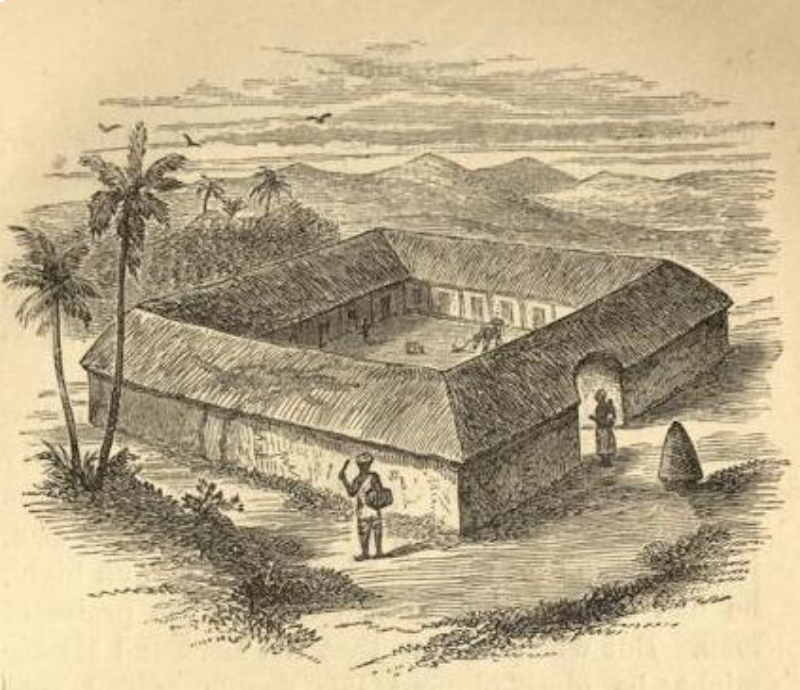 Anna Hinderer, Wikimedia Commons
Anna Hinderer, Wikimedia Commons
Fate Had A Terrible Plan In Store For Her
With their lives completely ripped out from under them, most of the remaining residents found themselves trapped in the Atlantic slave trade. Aina herself had a chilling road ahead of her.
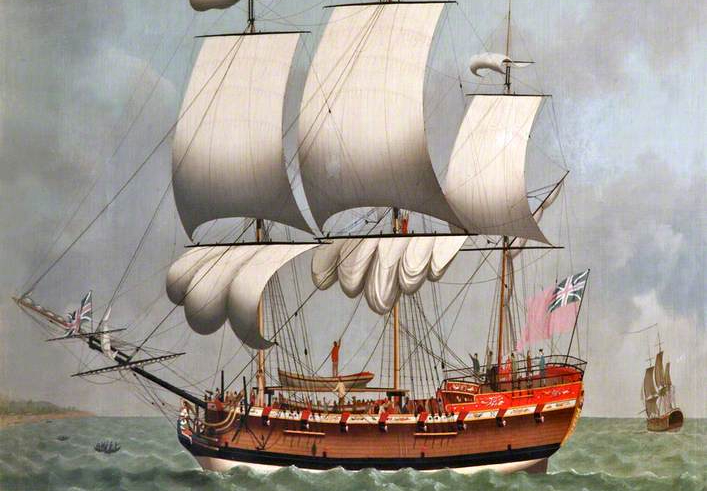 Merseyside Maritime Museum, Wikimedia Commons
Merseyside Maritime Museum, Wikimedia Commons
She Ended Up In The King's Court
As an enslaved child, Aina's whole world turned upside-down—and the tragic capture of her village led her to the court of King Ghezo of Dahomey. This was a kingdom that grew fat off of the riches provided by the Atlantic slave trade. It seemed that this new reality would become Aina's lot in life—but fate had another twist in store for her.
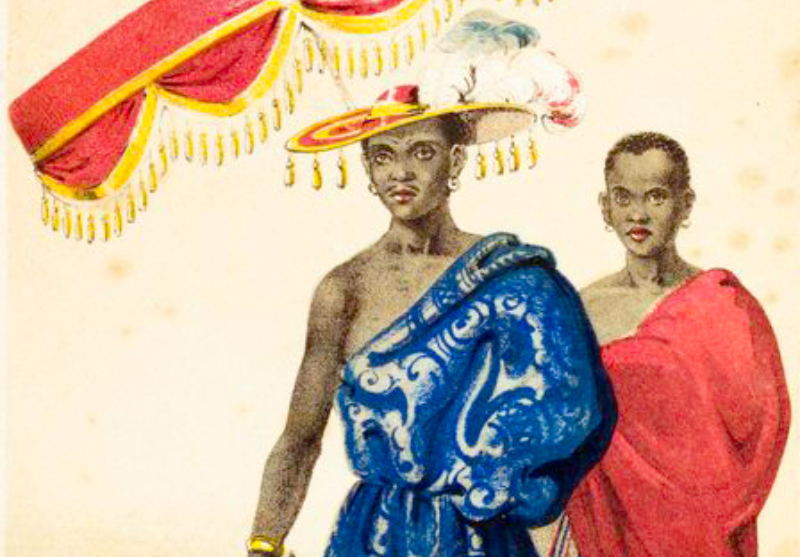 Forbes, Frederick E., Wikimedia Commons
Forbes, Frederick E., Wikimedia Commons
The Arrival Of One Man Changed Everything
In 1850, two years later, the arrival of one man changed everything yet again. His name was Captain Frederick E Forbes and he was on a special British mission: He wanted to reach an agreement with King Ghezo, hoping to put an end to the Kingdom of Dahomey's hand in the Atlantic slave trade. But this was easier said than done.
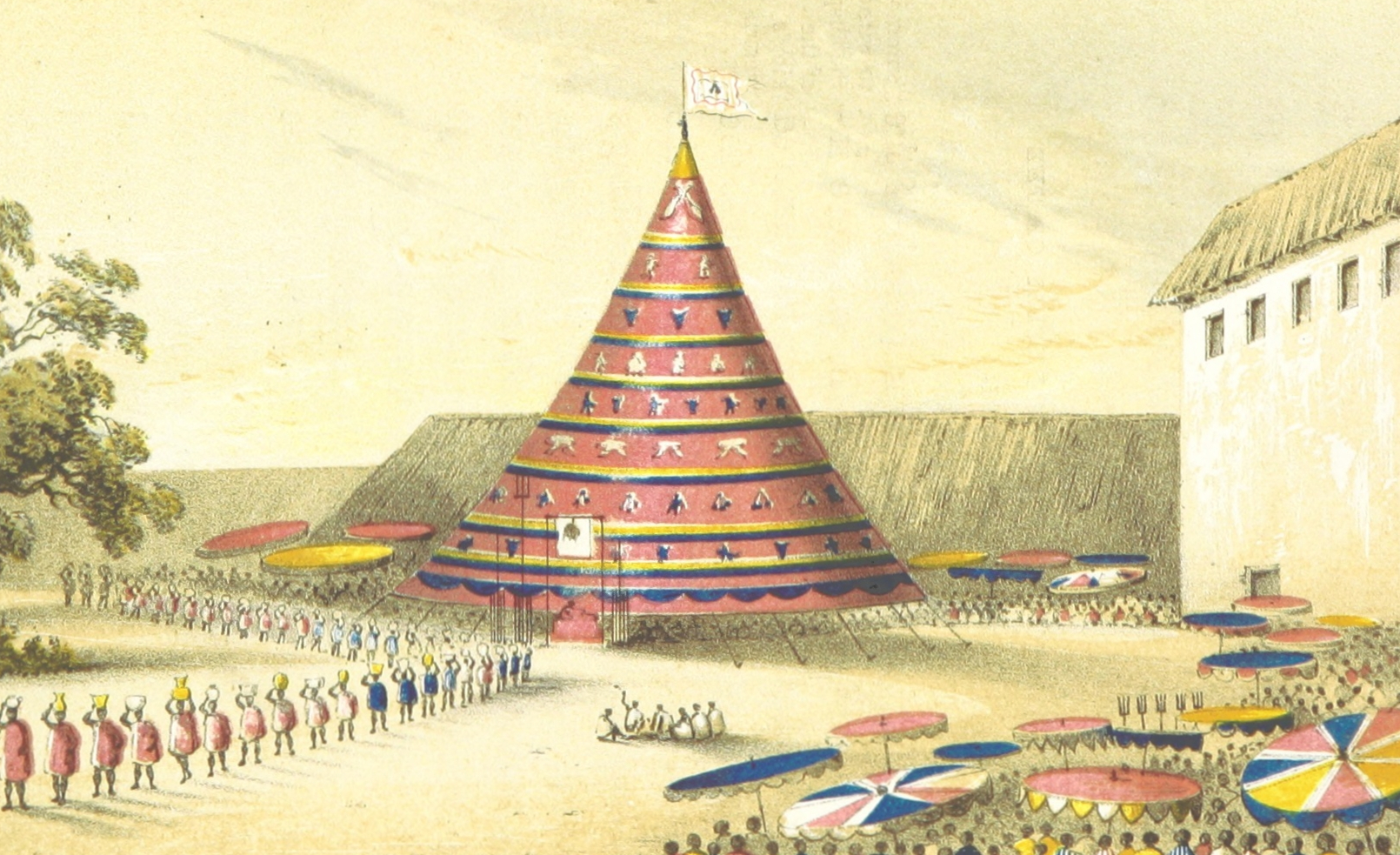 Frederick E. Forbes, Wikimedia Commons
Frederick E. Forbes, Wikimedia Commons
He Wanted To End The Atlantic Slave Trade
Captain Forbes's negotiations with King Ghezo were unbelievably infuriating. It became immensely obvious that Ghezo had no plans to give up his participation in the Atlantic slave trade any time soon. However, it was during one of these meetings that Forbes witnessed an atrocity so disturbing—it would be burned into his mind forever.
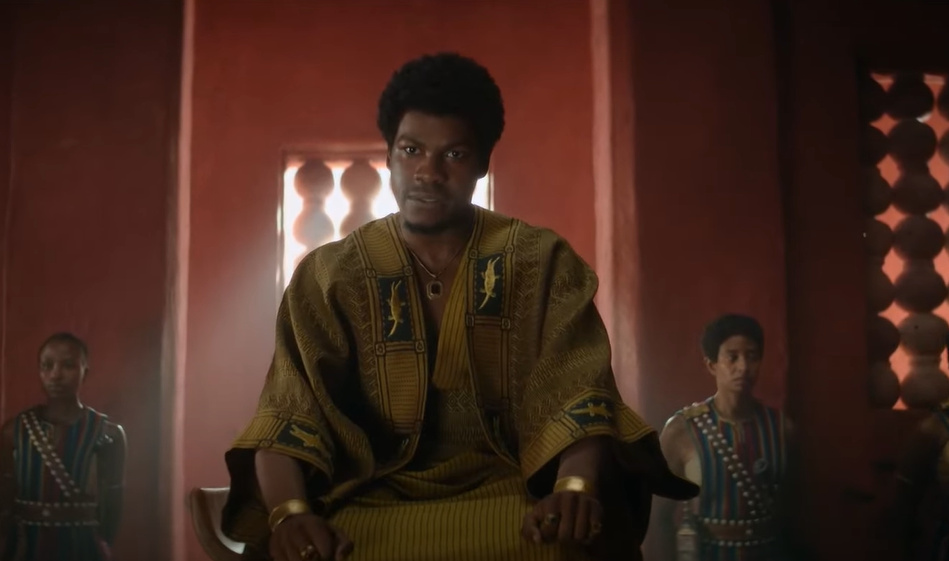 TriStar, The Woman King (2022)
TriStar, The Woman King (2022)
He Witnessed A Brutal Tradition
Forbes just happened to be present during some of the Dahomian holiday traditions—but one particular ceremony, called "watering of the graves," made his blood run ice cold.
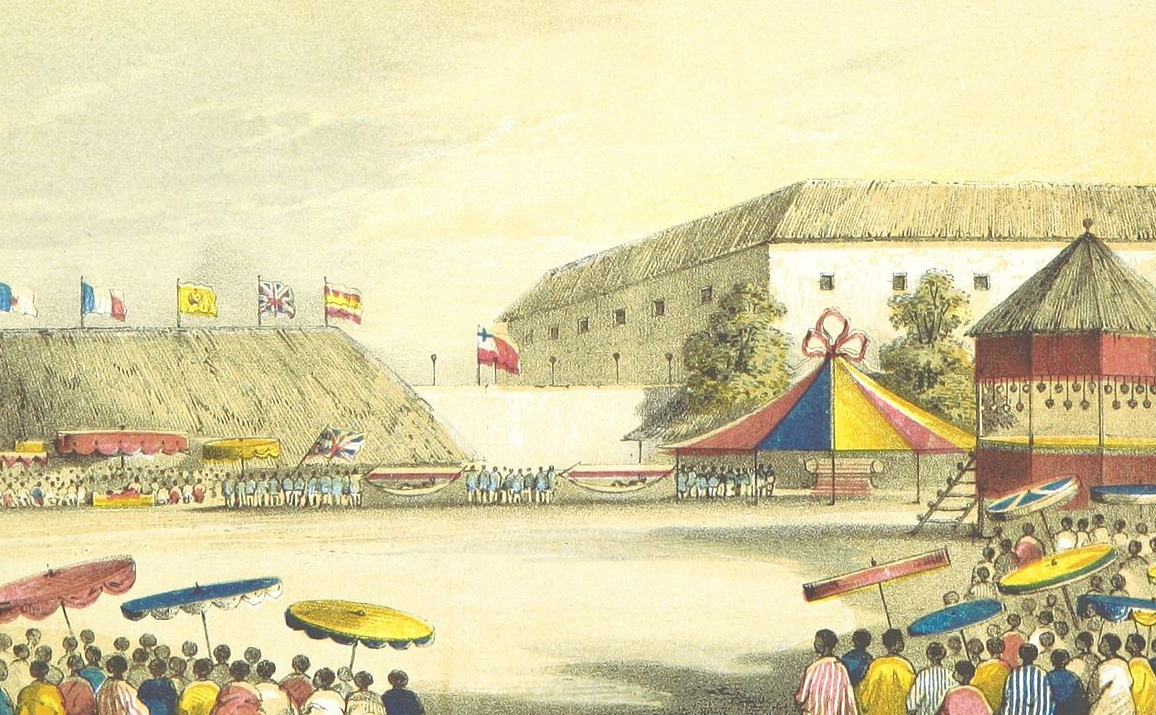 Frederick E. Forbes, Wikimedia Commons
Frederick E. Forbes, Wikimedia Commons
He Couldn't Believe His Eyes
This was no ordinary ceremony—this was an execution ceremony. Forbes watched in abject horror as the intended victims—dressed in white, tied up, and hoisted aloft in baskets—were readied for their gruesome ends.
The reason for this ceremony was equally twisted.
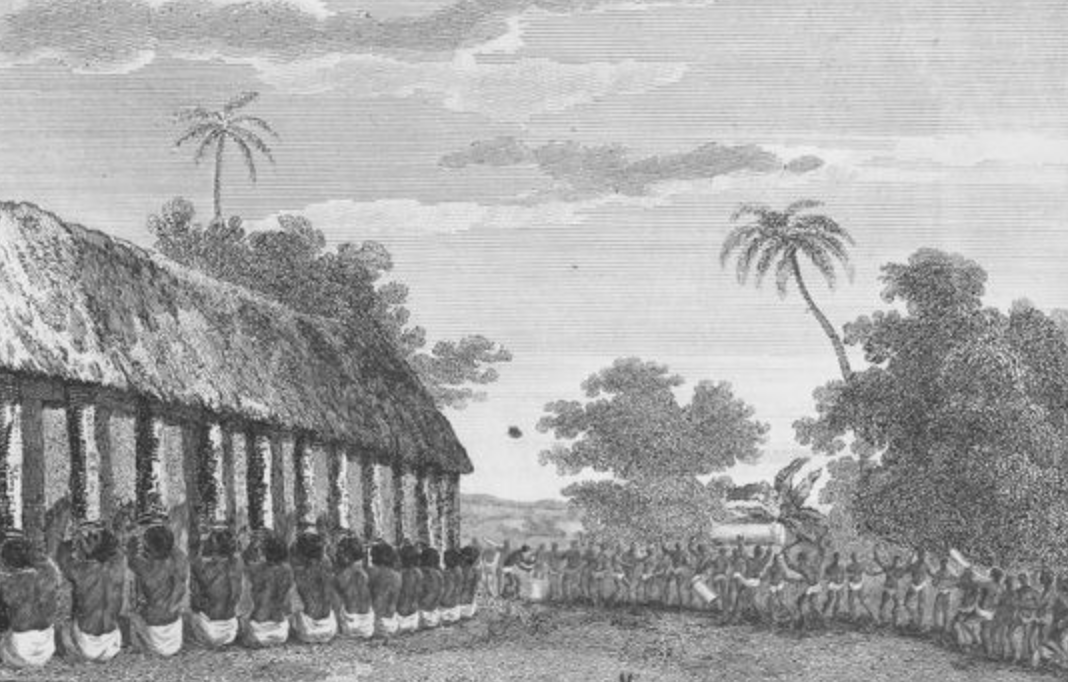 Archibad Dalzel, Wikimedia Commons
Archibad Dalzel, Wikimedia Commons
He Couldn't Stand By And Watch It Happen
The intention behind these executions was soon made clear. After the slaying of these captives, their blood would "water" the graves of the elite. When Forbes saw one of the victims lose his head, that was the last straw. He had to do something.
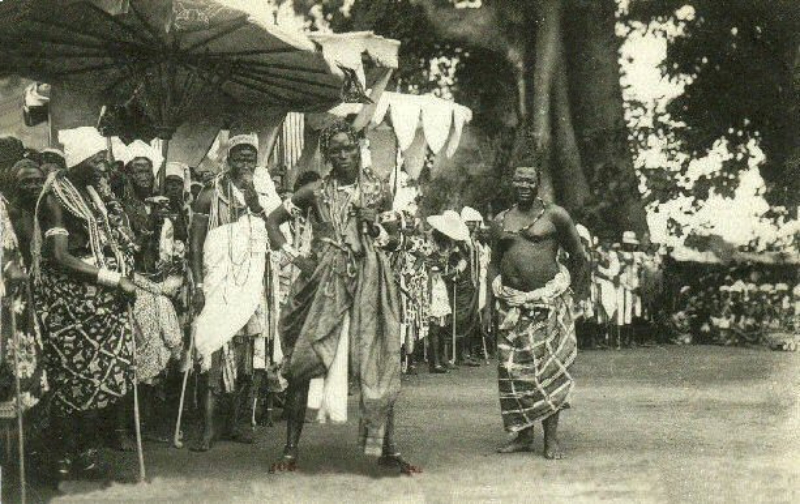 Edmond Fortier, Wikimedia Commons
Edmond Fortier, Wikimedia Commons
He Offered Him Money
Though Forbes did everything in his power to put an end to this demented ceremony, King Ghezo refused to comply with his demands. Desperate, the commander even tried to pay him to stop the executions. Finally, Ghezo offered up a shocking compromise.
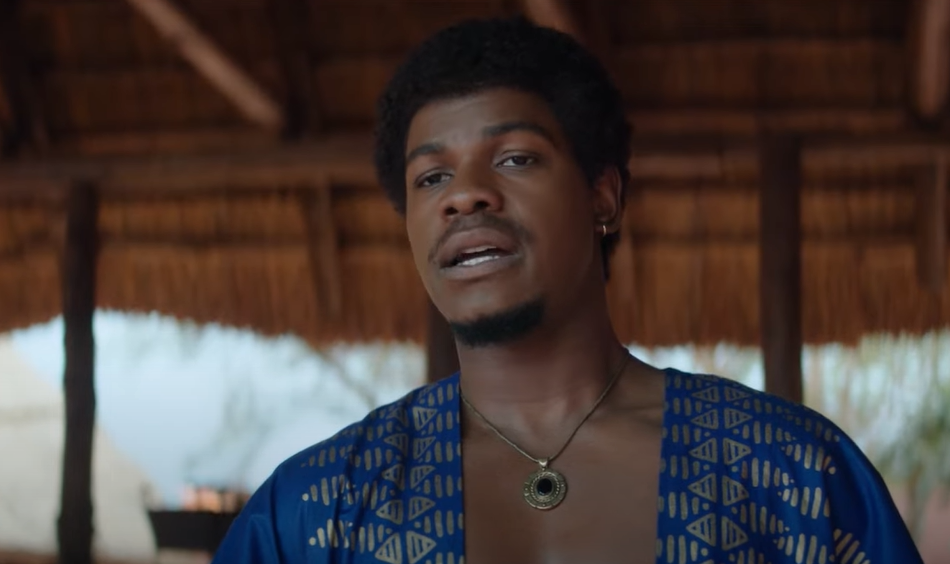 TriStar, The Woman King (2022)
TriStar, The Woman King (2022)
He Negotiated To Save Lives
Though the bloodshed could not be stopped, Ghezo did allow Forbes to save at least some of the victims' lives. However, the worst was yet to come.
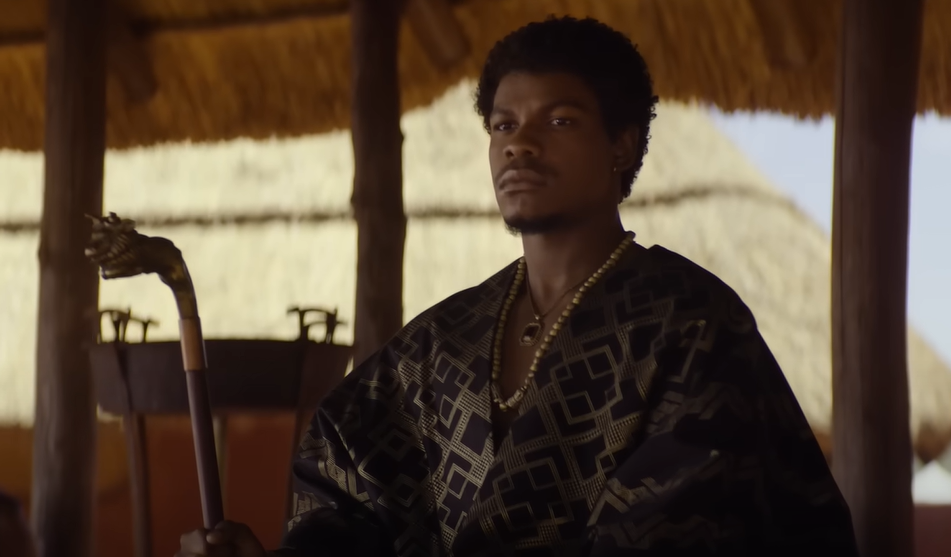 TriStar, The Woman King (2022)
TriStar, The Woman King (2022)
One Of The Intended Victims Was A Little Girl
As if things couldn't get any more surreal, Forbes noticed that one of the intended victims was a helpless little girl—none other than Aina herself. The thought of her impending demise baffled him. How could somebody so ruthlessly sacrifice an innocent child? To King Ghezo, however, the answer was obvious.
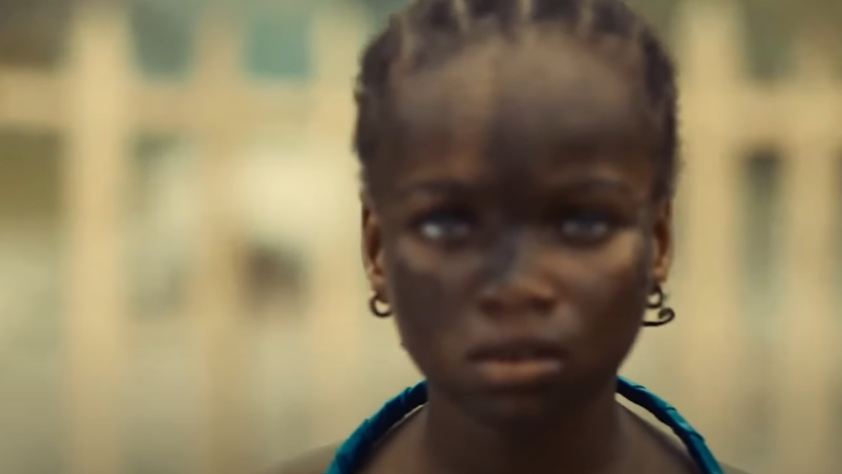 Ghost Media, Conversations from the Past (2024)
Ghost Media, Conversations from the Past (2024)
She Was A Special Sacrifice
Because Aina was an Egbado, she was an enemy of the kingdom. This meant that King Ghezo had no problem spilling her blood. In fact, this would make her an even greater offering to his ancestors.
She Became A "Gift" To The Queen
Now in utter panic mode, Forbes made a round-about threat, telling the king that Queen Victoria could not support a leader who so willingly slayed a child. This undoubtedly hit home. In response, the king relinquished Aina from death's grasp—instead offering her up as a "gift" for the queen.
She Was Likely An African Princess
Looking at Aina, Forbes felt that he had a very special girl on his hands. Due to the tribal marks decorating her face, he believed that she likely descended from a royal bloodline—this, and the fact that she had been held back from the Atlantic slave trade.
He Found Her Interesting
Forbes even penned his observations of Aina in his personal journal: "One of the captives of this dreadful slave-hunt was this interesting girl. It is usual to reserve the best born for the high behests of royalty and the immolation on the tombs of the deceased nobility…"
She Had A Second Chance At Life
When the king offered up Aina to Captain Forbes, he willingly took her in the Queen's name. And just like that, her life took a sharp turn in yet another direction. Her next chapter would unfold in a new land: Britain.
She Was Still Wasn't Free
Even though Aina had been whisked away from a terrible place, she still belonged to somebody else. Captain Forbes took it upon himself to give the small girl a new name: Sarah Forbes Bonetta.
She Got A New Name
Obviously, Forbes's new name for Aina—Sarah Forbes Bonetta—drew inspiration from his own name, as well as the name of his ship, the HMS Bonetta. After all, he had originally planned to become Sarah's guardian. But as we'll see, this wasn't to be.
She Traveled Around Africa
In the year following her escape from King Ghezo, Sarah took up residence on Forbes's ship, accompanying the commander as he continued his business in Africa. As he observed his new ward, he became quite impressed with her.
She Made A Good Impression
When Forbes finally brought Sarah back to England, he arranged a meeting between the young girl and Queen Victoria. After all, she had been intended as a "gift" for her. In seeking out permission for this audience, Forbes referred to Sarah as "intelligent" and "good tempered".
She Met Queen Victoria
Officially meeting Queen Victoria dramatically changed Sarah's life once again. However, in her own way, the little girl changed the queen's life as well. Sarah opened up to the royal leader—and recounted her extraordinary backstory.
She Had Lived In A Cage
Sarah did not spare the queen any gory details. She told the story of her life as it truly was—a real-life nightmare. She explained that after being taken captive by the King of Dahomey, she had lived in a tiny cage for two years.
Her Story Touched The Queen
On top of this devastating way of life, Sarah also shared that she knew she was destined to become a sacrifice as well—and had watched as some of her other shackled peers perish during the execution rituals. Her deranged story deeply affected the queen.
When their meeting finally ended, Queen Victoria made a surprising request.
The Queen Wanted A Picture Of Her
So moved by Sarah's story, the queen wanted a photograph of the young girl—and it was photographer John J Mayall who eventually took the young girl's picture. However, the entire experience triggered Sarah in an unforeseen way.
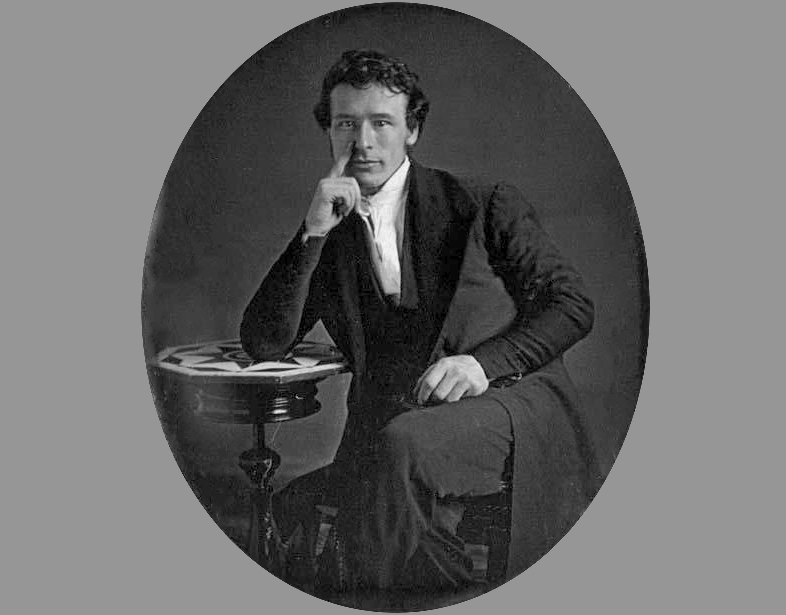 John Jabez Edwin Mayall, Wikimedia Commons
John Jabez Edwin Mayall, Wikimedia Commons
She Was Terrified Of Having Her Picture Taken
For one, Mayall was a complete stranger, and Sarah feared his true intentions with her. But that wasn't all. During the photography session, she became deeply afraid of a portrait that she noticed on the wall.
The subject of the portrait held a sword—and it was this sword that had her shaking and crying out three unforgettable words: "Cut head off!"
She Couldn't Escape Her Past
Tragically, Sarah had seen the sword in the portrait and been immediately reminded of her two-year stay at King Ghezo's court—namely the slaughtering of her fellow enslaved captives. She had to be comforted and reminded that she wasn't in any danger.
The Queen Took A Liking To Her
Queen Victoria came away from her meeting with Sarah with positive feelings. In writing about their initial encounter, she wrote, "Capt: Forbes saved her life, by asking for her as a present. … She is 7 years old, sharp & intelligent, & speaks English. She was dressed as any other girl. When her bonnet was taken off, her little black woolly head & big earrings gave her the true negro type".
She Became The Queen's Goddaughter
Sarah made such an impression on the queen that the royal decided to usher this foreign ward under her wing and raise her as her own goddaughter. She would receive a fine education and be well taken care of. For Sarah, it would be a completely new world.
Still staying with Forbes, Sarah began seeing the queen on a regular basis. It was he who witnessed the change in the young girl firsthand.
She Was A "Perfect Genius"
According to Forbes, he found Sarah to be a "perfect genius," who quickly learned the English language and excelled at music. However, he went even further, praising her intelligence in comparison to white children of a similar age. He clearly thought very highly of her abilities.
But there were still challenges ahead for her.
The Queen Sent Her Away
In 1851, Sarah's health took a worrisome turn. She came down with a severe cough. Back then, many believed that the brisk British weather could be a health concern for anyone coming from Africa. As a result, the queen's goddaughter went on yet another journey.
She Went To A Missionary School
Because of her cough, Sarah ended up in Freetown, Sierra Leone—or, more specifically, the Church Missionary Society school. Here, she would learn how to become a missionary herself. However, she was allegedly not pleased about her time spent there.
She Still Had Contact With The Queen
While in Freetown, Sarah's relations with the queen did not cease. In fact, Queen Victoria sent her books and gifts. But her stay at the missionary school would not be forever. After four years, she was shuffled around once again.
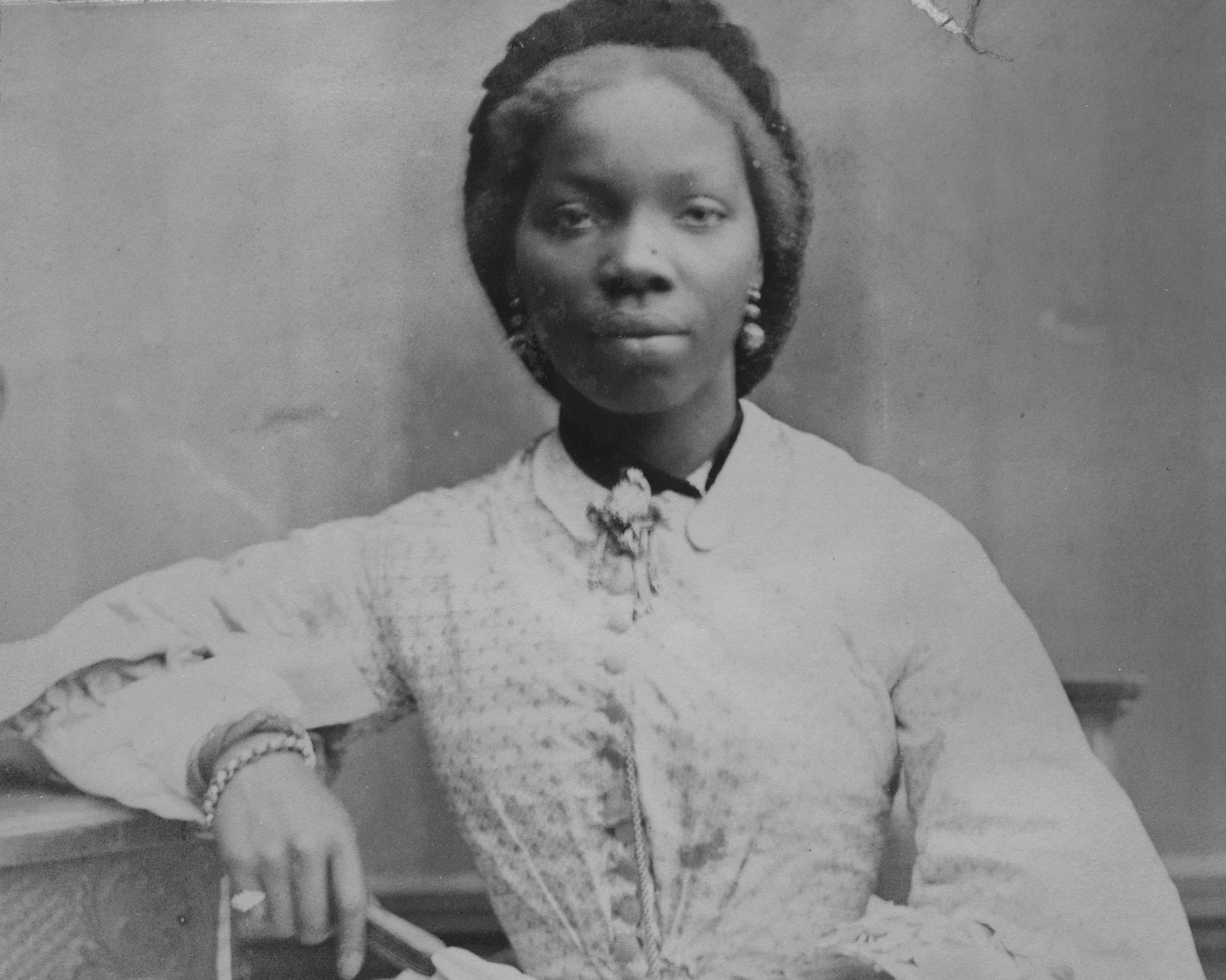 National Portrait Gallery, Wikimedia Commons
National Portrait Gallery, Wikimedia Commons
She Stayed With A Family Of Missionaries
Returning to England, Sarah found herself living among a different family of missionaries. This time, it was the Schoen family from Gillingham, Kent. And, of course, it was the queen who sent her there in the first place.
She Was A Natural Musician
While staying with the Schoen family, Sarah succeeded in making another good impression. Annie, one of the daughters, was especially complimentary of Sarah's aptitude for music. It was also Annie who noticed how close she was to the queen.
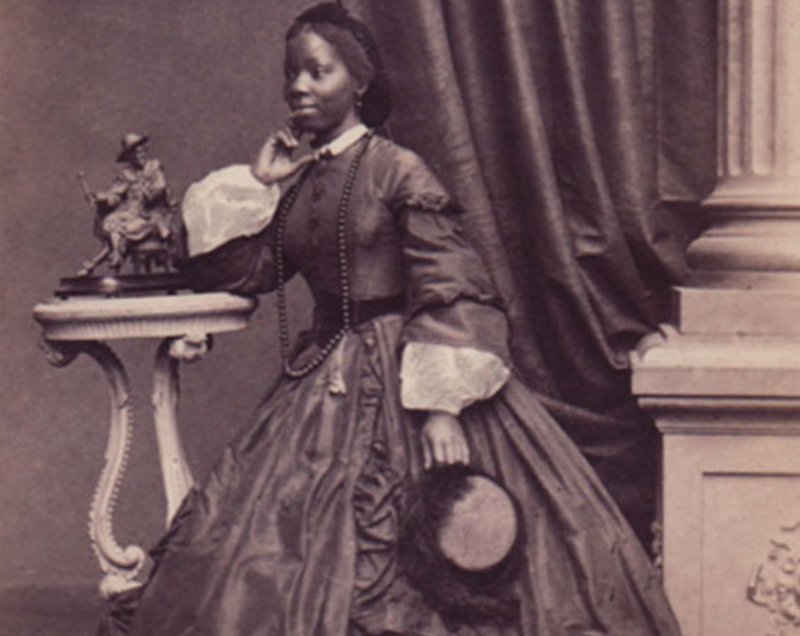 Joseph Langridge, Wikimedia Commons
Joseph Langridge, Wikimedia Commons
She Was One Of The Queen's Favorites
Annie Schoen recognized the strong bond between Queen Victoria and Sarah: "[Queen Victoria] gave constant proofs of her kindly interest in her. At the Midsummer and Christmas seasons she often went either to Windsor or Osborne to stay in the family of one of the officers of Her Majesty’s Household, and was frequently sent for by the Queen to see her privately".
However, as bright as Sarah proved to be, she was still under a microscope.
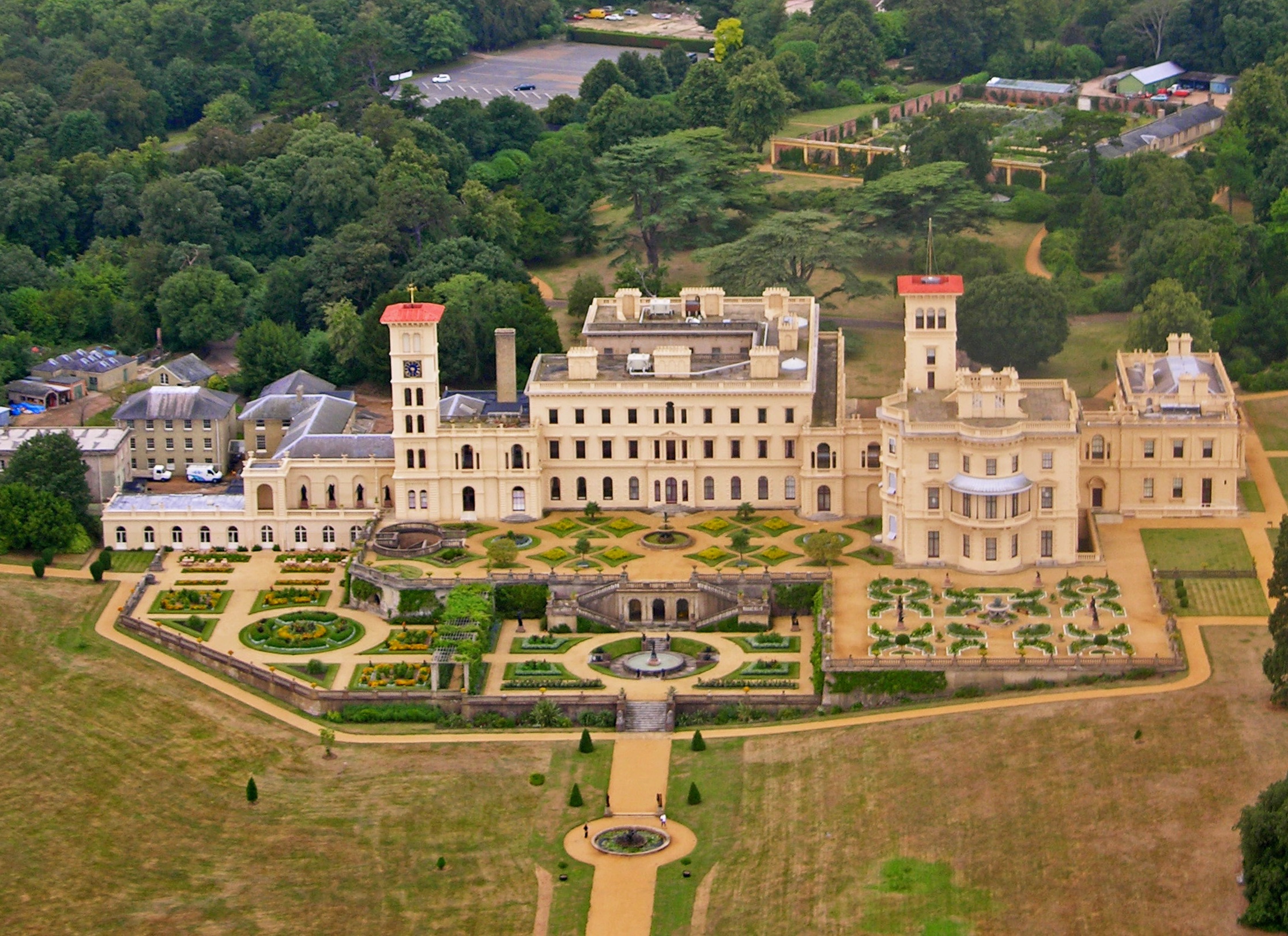 Humac45, CC BY-SA 3.0, Wikimedia Commons
Humac45, CC BY-SA 3.0, Wikimedia Commons
She Flipped The Script
Because of the color of her skin, Sarah became a curiosity—especially because most white folks believed that Africans were an inferior race. Her connection to the queen and her remarkable abilities flew in the face of these prejudiced views.
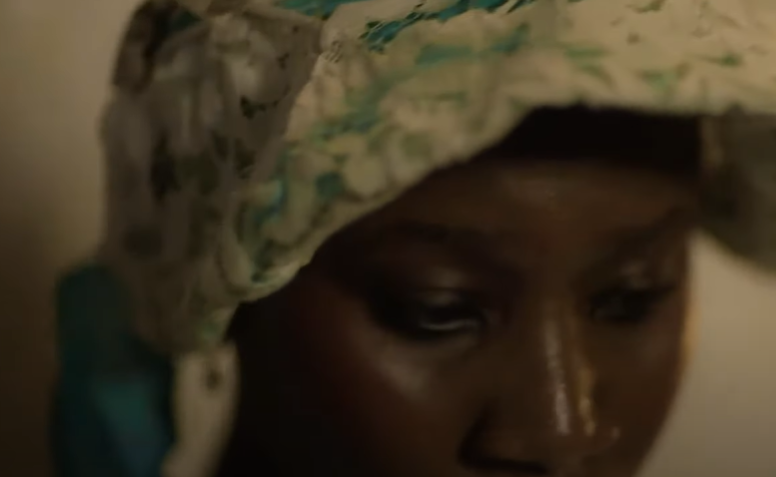 Ghost Media, Conversations from the Past (2024)
Ghost Media, Conversations from the Past (2024)
She Entered British Society
Another six years went by before Sarah reluctantly moved yet again—this time to Brighton, where she awaited her official entry into British society. At the age of 19, she waved goodbye to her childhood. There were daunting new expectations for her to rise to... or resist.
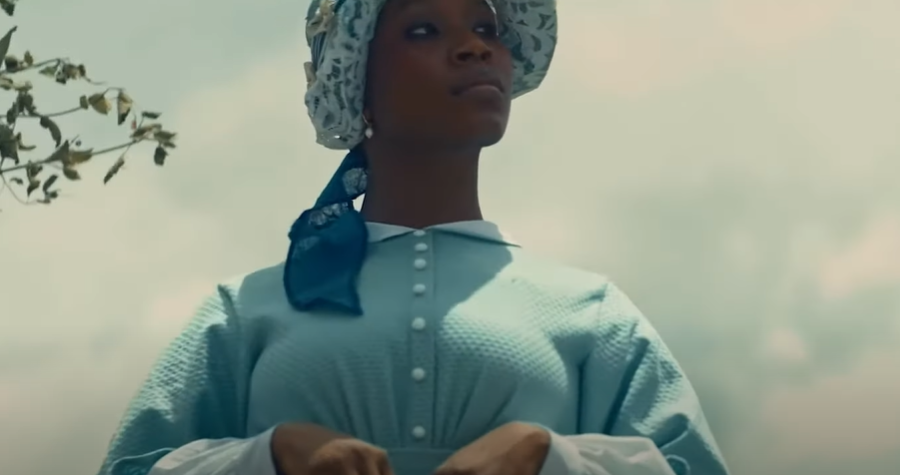 Ghost Media, Conversations from the Past (2024)
Ghost Media, Conversations from the Past (2024)
She Didn't Want To Get Married
In 1862, Sarah had to do something she absolutely did not want to go through with: her wedding. A merchant from Sierra Leone named James Davies expressed his desire to marry her. They were old acquaintances and had met previously at the missionary school, but to Sarah, he was basically a stranger.
She didn't seem to recognize him at all, but it seemed that he certainly remembered her. However, they did have something in common.
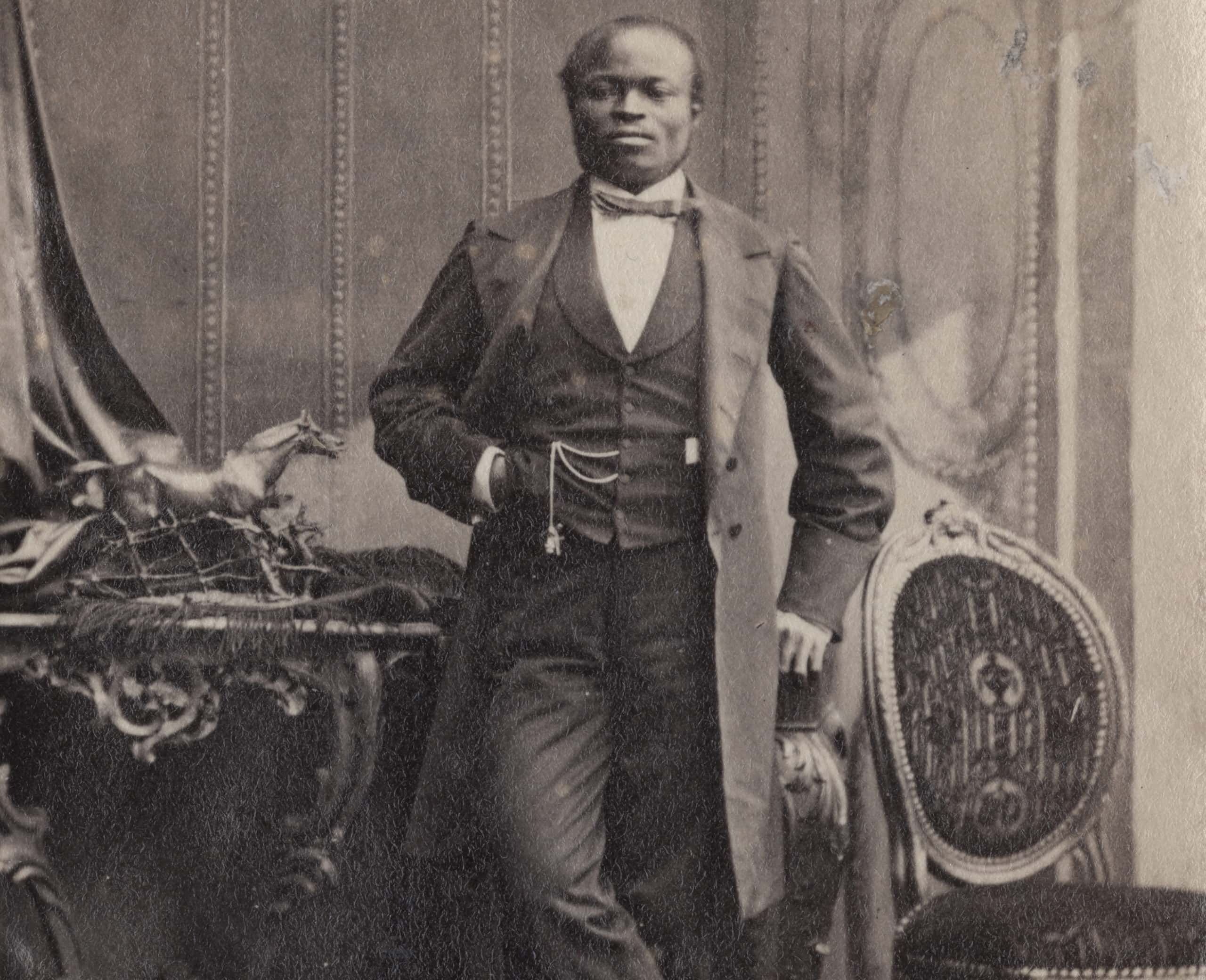 Henry Guttmann Collection, Getty Images
Henry Guttmann Collection, Getty Images
They Came From Similar Backgrounds
Davies' parents were Yoruba Africans, just like Sarah's—but their similar backgrounds weren't enough to convince her that he was her perfect match.
In a letter to Mrs Schoen, Sarah discussed her intense apprehension: "Others would say ‘He is a good man & though you don’t care about him now, will soon learn to love him'. That, I believe, I never could do. I know that the generality of people would say he is rich & your marrying him would at once make you independent, and I say ‘Am I to barter my peace of mind for money?’ No—never!"
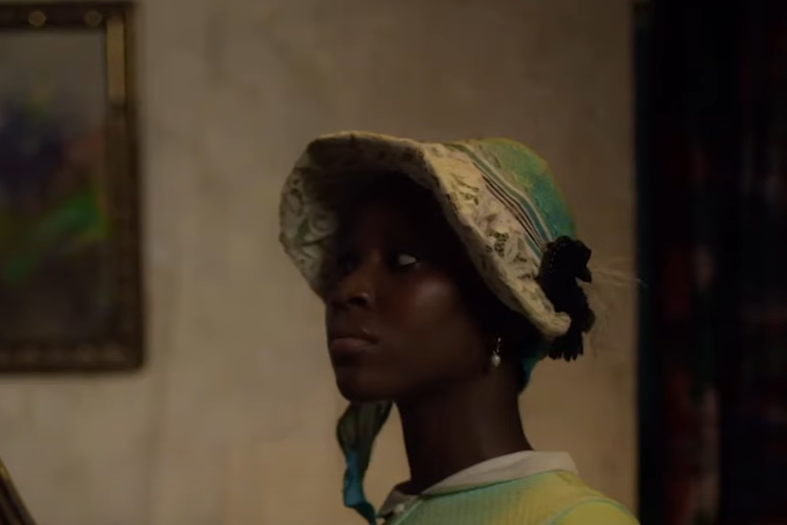 Ghost Media, Conversations from the Past (2024)
Ghost Media, Conversations from the Past (2024)
She Had No Choice
Unfortunately for Sarah, it didn't really matter what she wanted—the queen had the final word in the end. Queen Victoria demanded that she marry Davies, and so the young girl had no real choice in the matter. On August 14, 1862, she and Davies tied the knot.
But this wasn't your typical wedding.
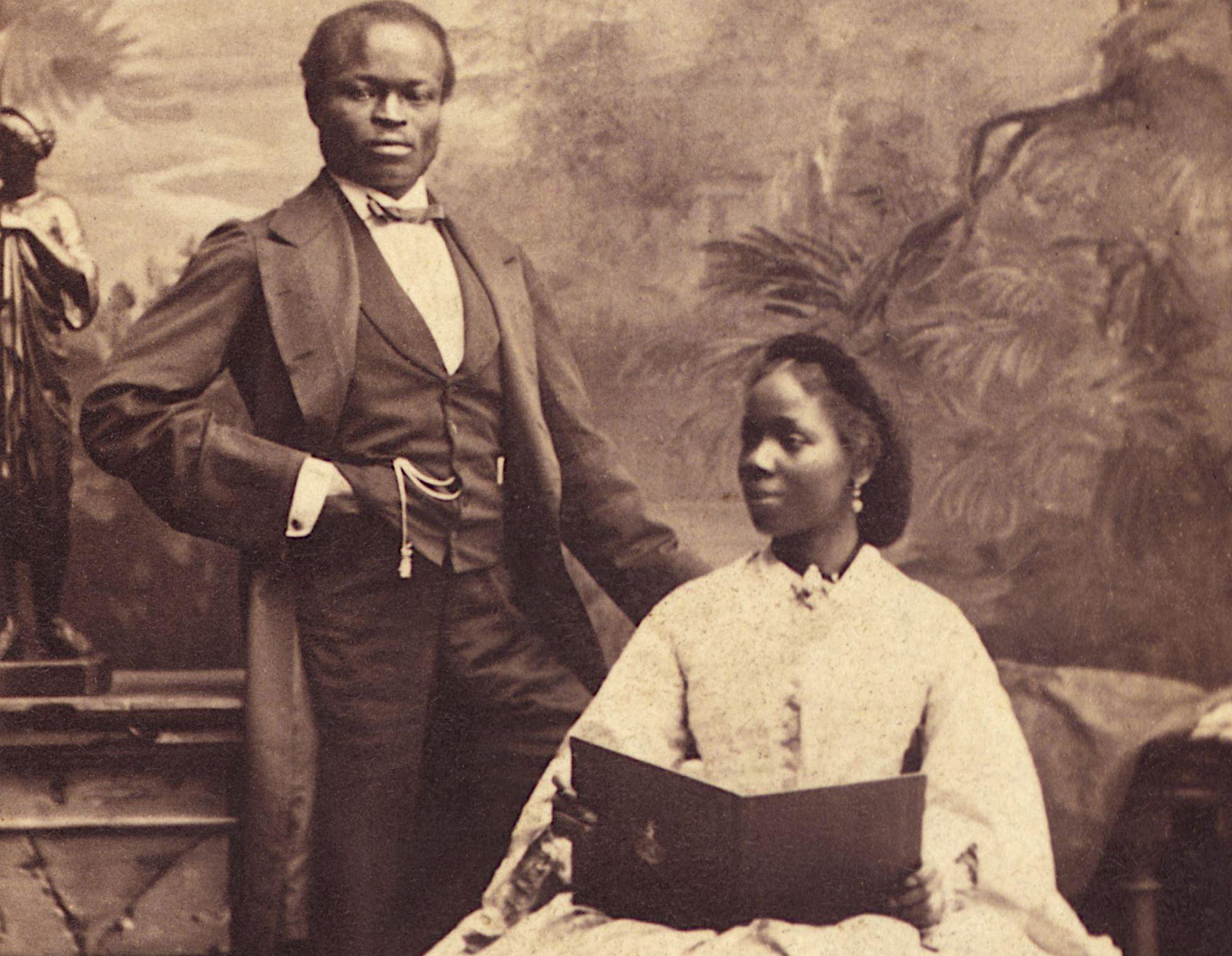 Camille Silvy, Wikimedia Commons
Camille Silvy, Wikimedia Commons
She Had An Opulent Wedding Ceremony
Because Sarah had the queen's favor, her wedding ceremony was downright opulent. On top of this, she continued to be a major source of curiosity for those wondering about this alleged "African princess". Therefore, she had quite an audience on her hands as the nuptials took place.
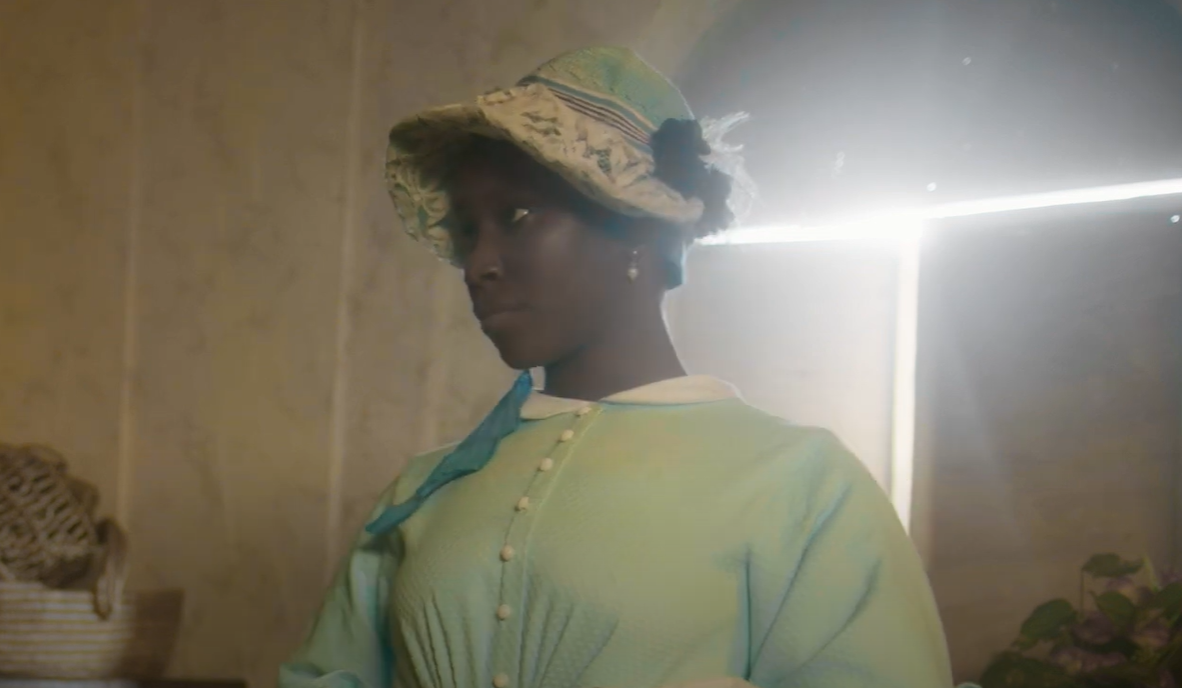 Ghost Media, Conversations from the Past (2024)
Ghost Media, Conversations from the Past (2024)
She Became A Spectacle
According to reports at the time, Sarah's wedding party was quite large. She had 16 bridesmaids, as well as 10 horse-drawn carriages. And because of their weighted social class, a very renowned photographer, Camille Silvy, snapped their portraits on the big day.
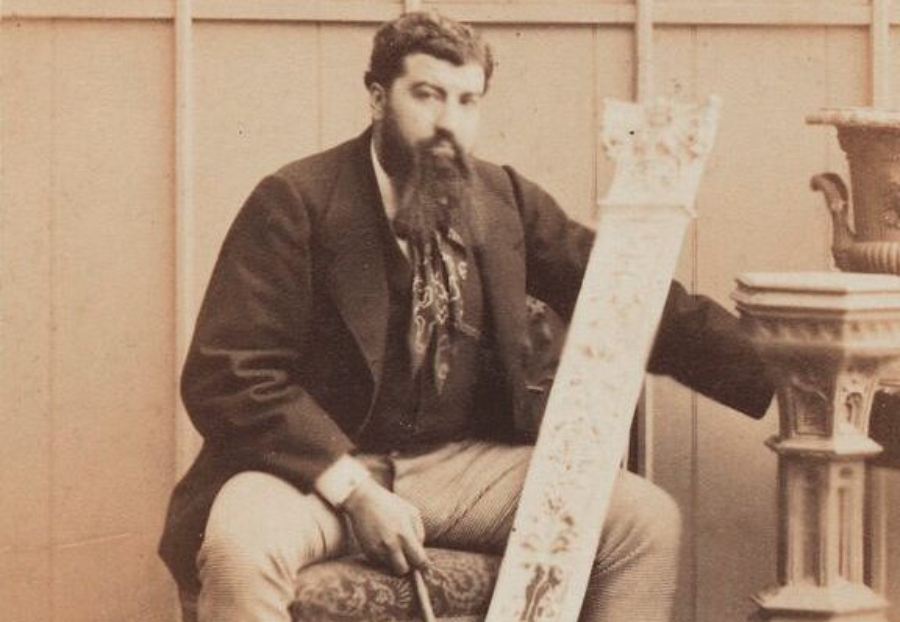 Camille Silvy, Wikimedia Commons
Camille Silvy, Wikimedia Commons
She Returned To Africa
Because her new husband's work was back in Africa, Sarah followed her new husband to Sierra Leone not long after saying "I do," eventually settling in Lagos. But the very next year, Sarah had a brand new role to fill.
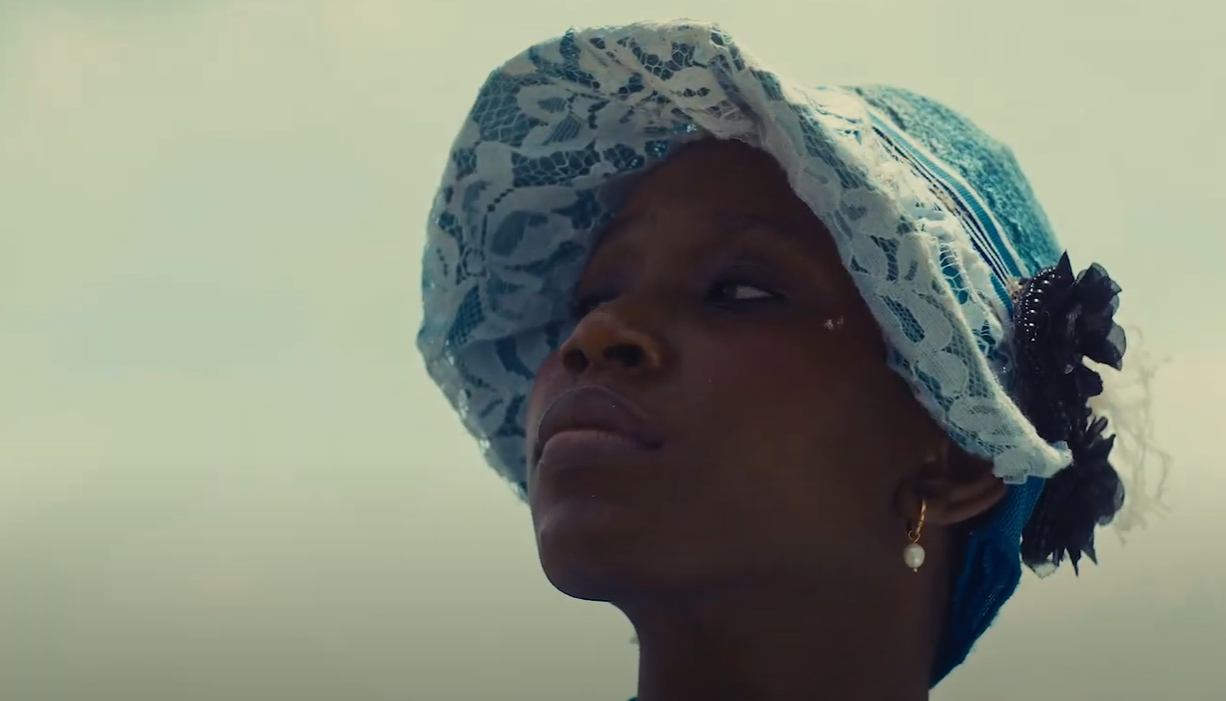 Ghost Media, Conversations from the Past (2024)
Ghost Media, Conversations from the Past (2024)
She Became A Mother
In 1863, Sarah welcomed her first daughter—and perhaps, unsurprisingly, she decided to name her Victoria after the queen. The cherry on top? Queen Victoria also agreed to become the child's godmother—and at the baby's christening, she sent a lavish gift.
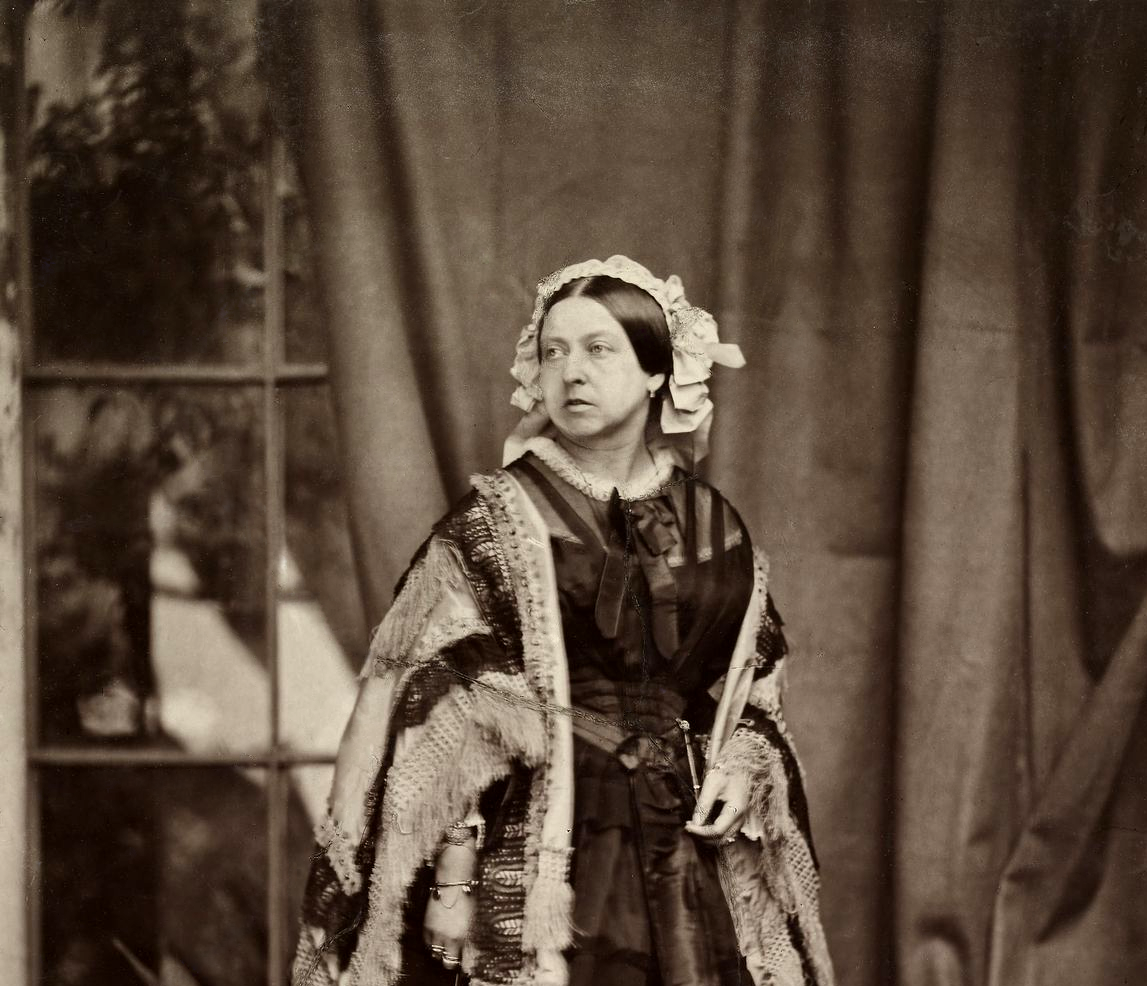 John Jabez Edwin Mayal, Wikimedia Commons
John Jabez Edwin Mayal, Wikimedia Commons
The Queen Sent Gifts For Her Child
To celebrate the birth of Sarah's first child, Queen Victoria was especially generous, sending over special gold pieces—a salver, knife, cup, fork, and spoon.
Though Sarah and Davies would have two more children together—Arthur in 1871 and Stella in 1873—tragedy lurked on the horizon.
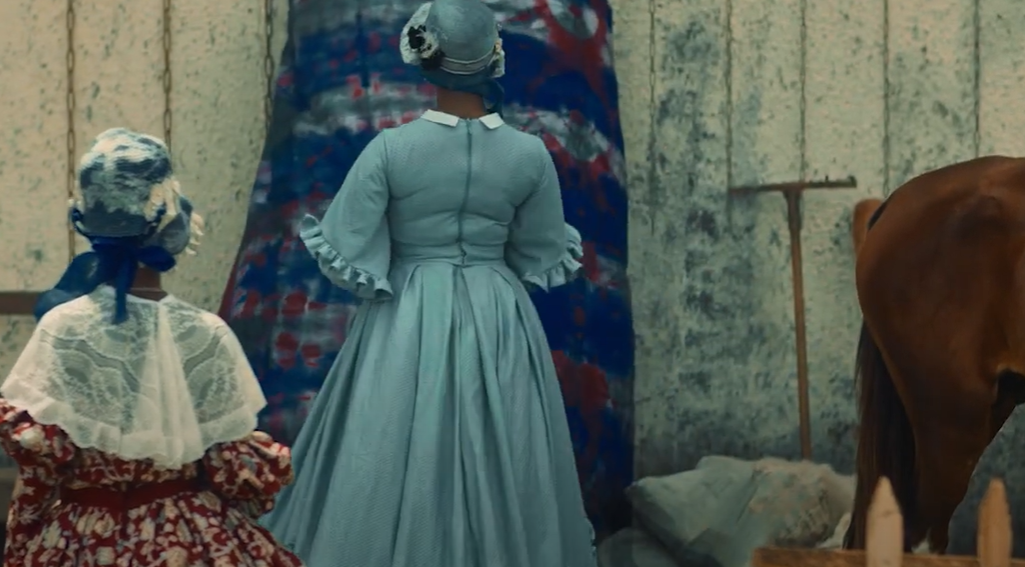 Ghost Media, Conversations from the Past (2024)
Ghost Media, Conversations from the Past (2024)
She Had Tuberculosis
You see, even in the late 1860s Sarah's health had become a major point of concern: She simply wasn't well. The truth was that she had tuberculosis—an illness with no cure which spelled her inevitable end. Still, that didn't stop her from trying to dodge the Grim Reaper as best she could.
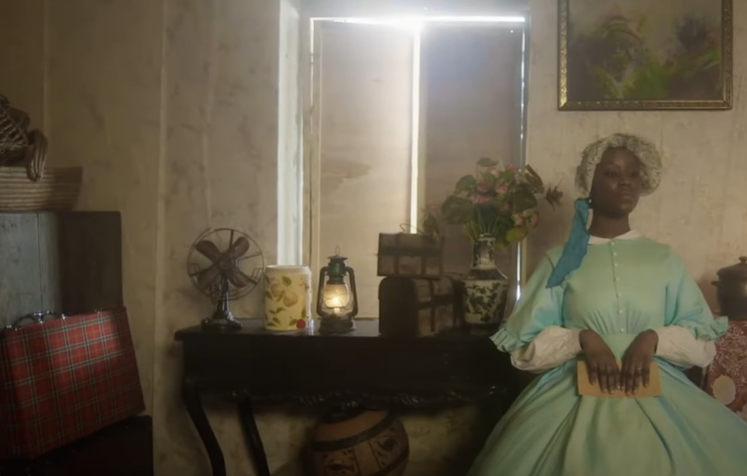 Ghost Media, Conversations from the Past (2024)
Ghost Media, Conversations from the Past (2024)
She Wanted To Get Better
Hoping for some semblance of recovery, Sarah decided to stay in Madeira, no doubt praying that the kinder weather might heal her lungs. However, she couldn't change the nefarious direction in which the current of her life flowed.
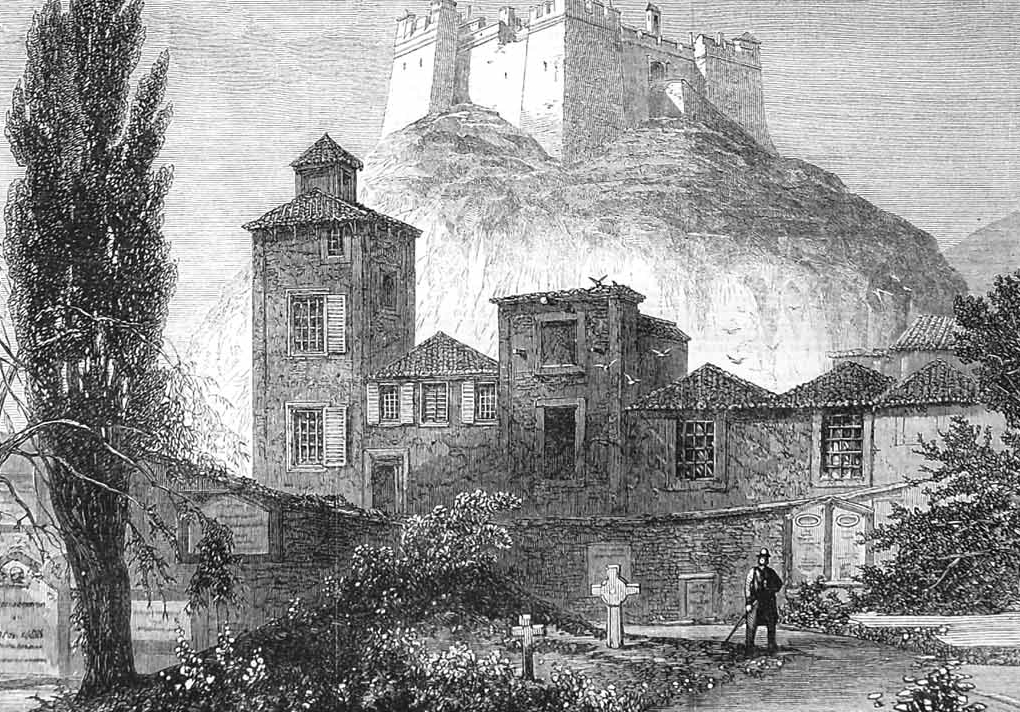 Alfred Pulsford Latham, Wikimedia Commons
Alfred Pulsford Latham, Wikimedia Commons
She Met A Sad End
At the age of 37, after having one of the most extraordinary lives imaginable, Sarah Forbes Bonetta breathed her last on August 15, 1880. The news devastated everyone who loved her most.
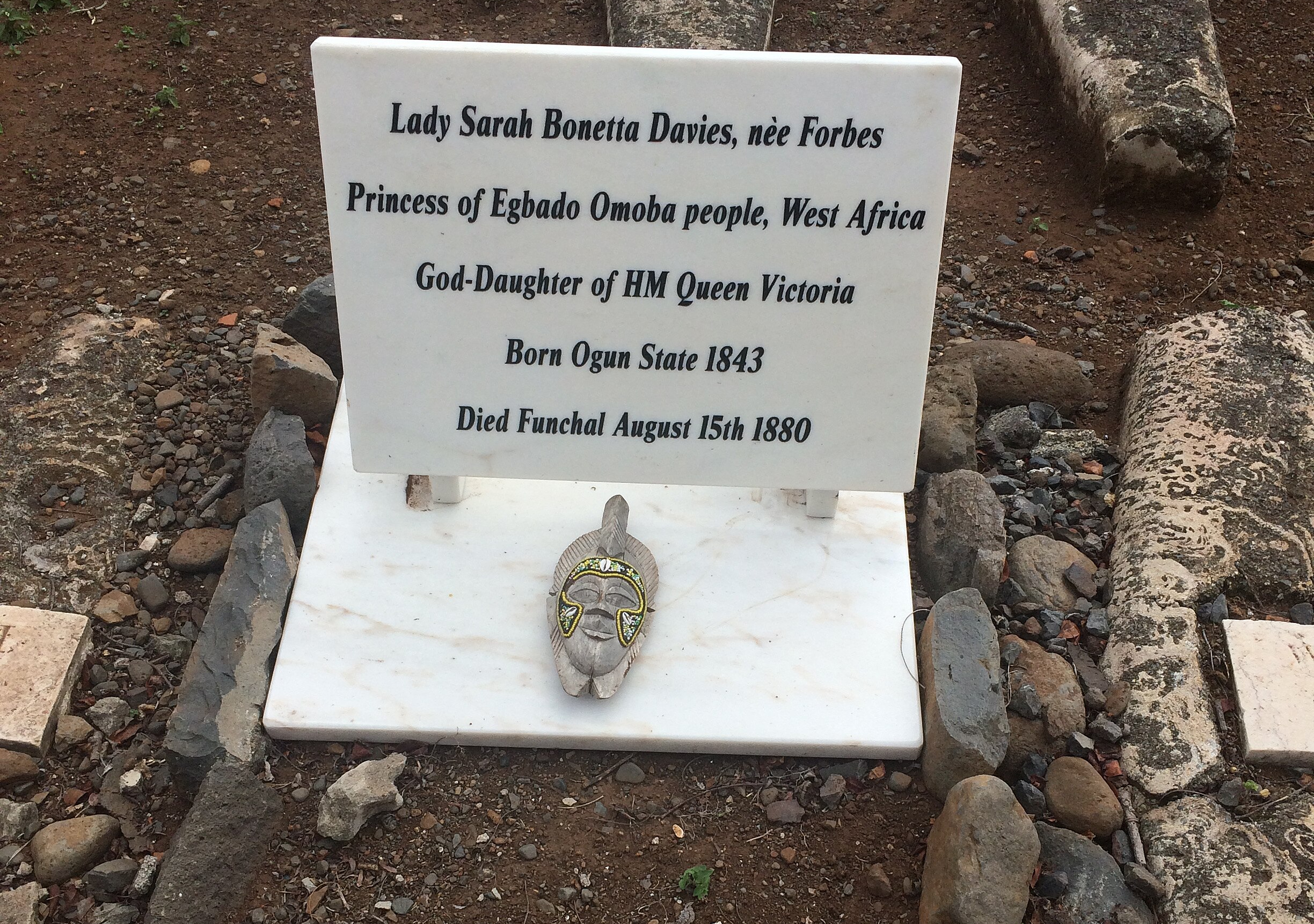 Pebling, CC BY-SA 4.0, Wikimedia Commons
Pebling, CC BY-SA 4.0, Wikimedia Commons
Her Daughter Mourned For Her
Sarah's 17-year-old daughter Victoria just happened to be on her way to visit Queen Victoria, when she learned about her mother's passing. Referencing the loss of Sarah, Queen Victoria noted, "my black godchild … was dreadfully upset & distressed. … Her father has failed in business, which aggravated her poor mother’s illness. … I shall give her an annuity".
The Queen Never Deserted Her
Queen Victoria did not disappear when Sarah passed. In fact, she remained connected to her godchild Victoria for the rest of her life, even financing the girl's education at Cheltenham Ladies' College.
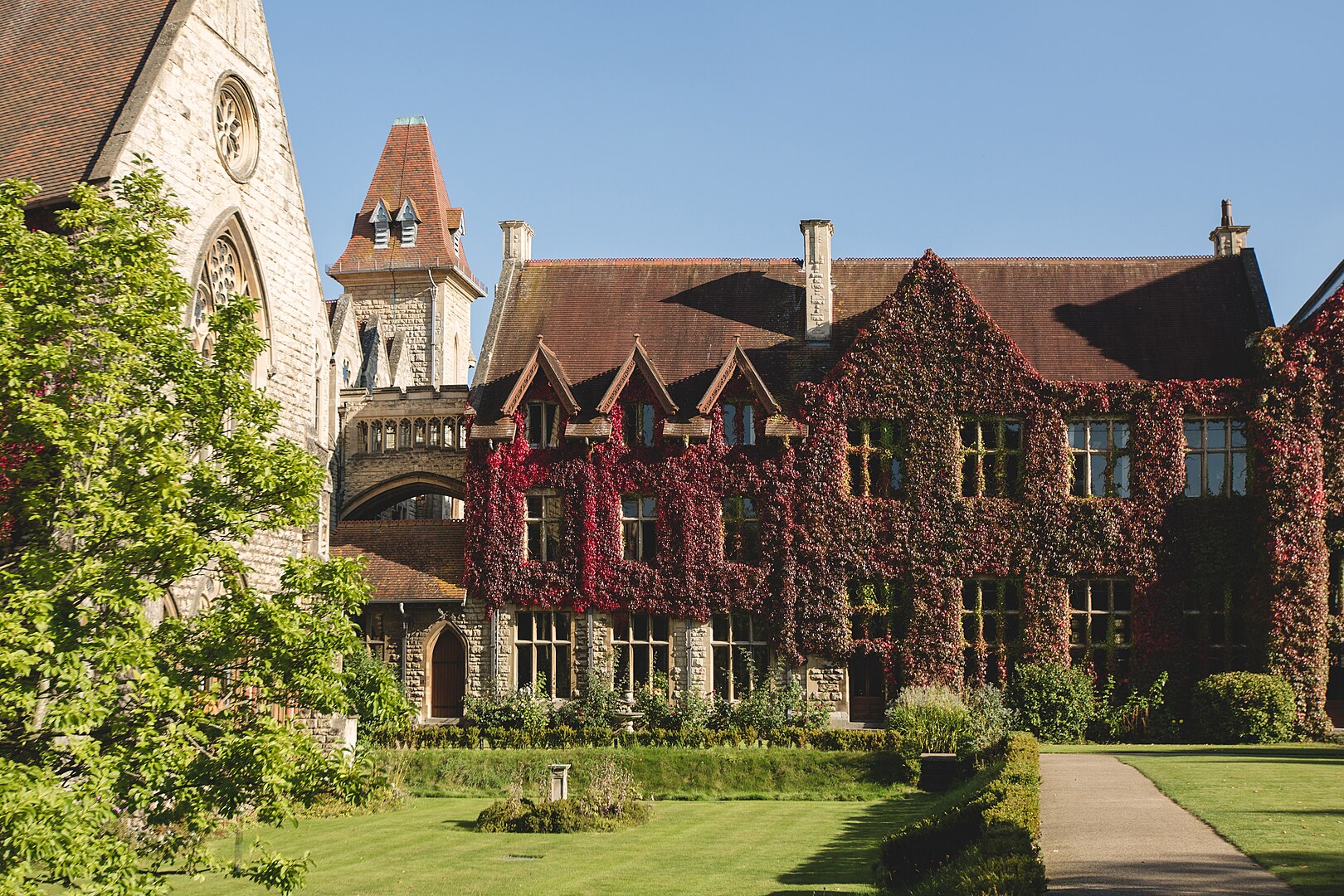 Cheltenham Ladies' College, CC BY-SA 4.0, Wikimedia Commons
Cheltenham Ladies' College, CC BY-SA 4.0, Wikimedia Commons
Never Forgotten
The course of Sarah's life was surreal and tragic—but somehow managed to have a silver lining all the way through. Following her untimely demise, her husband put up a massive granite monument in her honor, located at Ijon in Western Lagos.
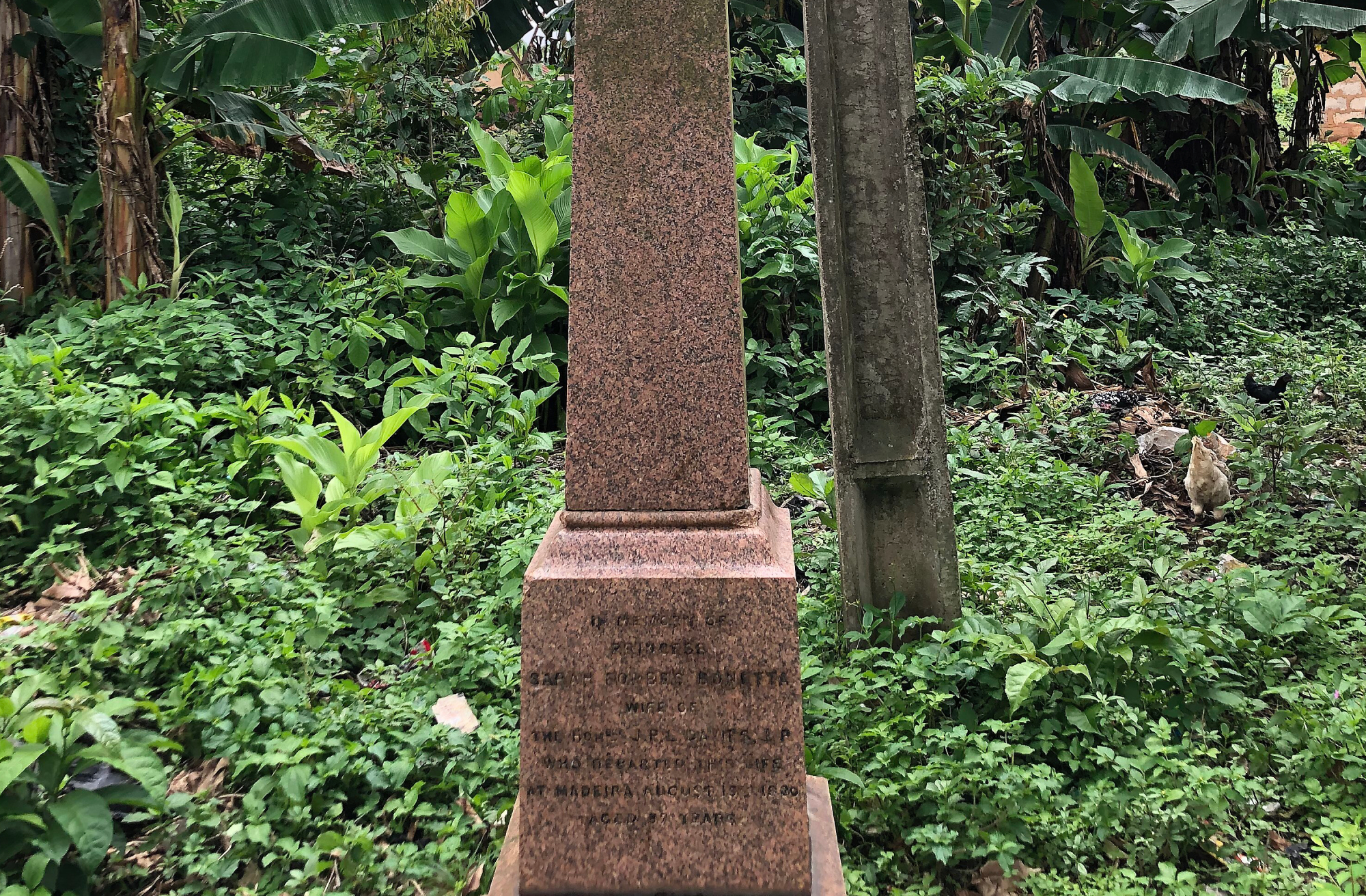 ReoMartins, CC BY-SA 4.0, Wikimedia Commons
ReoMartins, CC BY-SA 4.0, Wikimedia Commons

